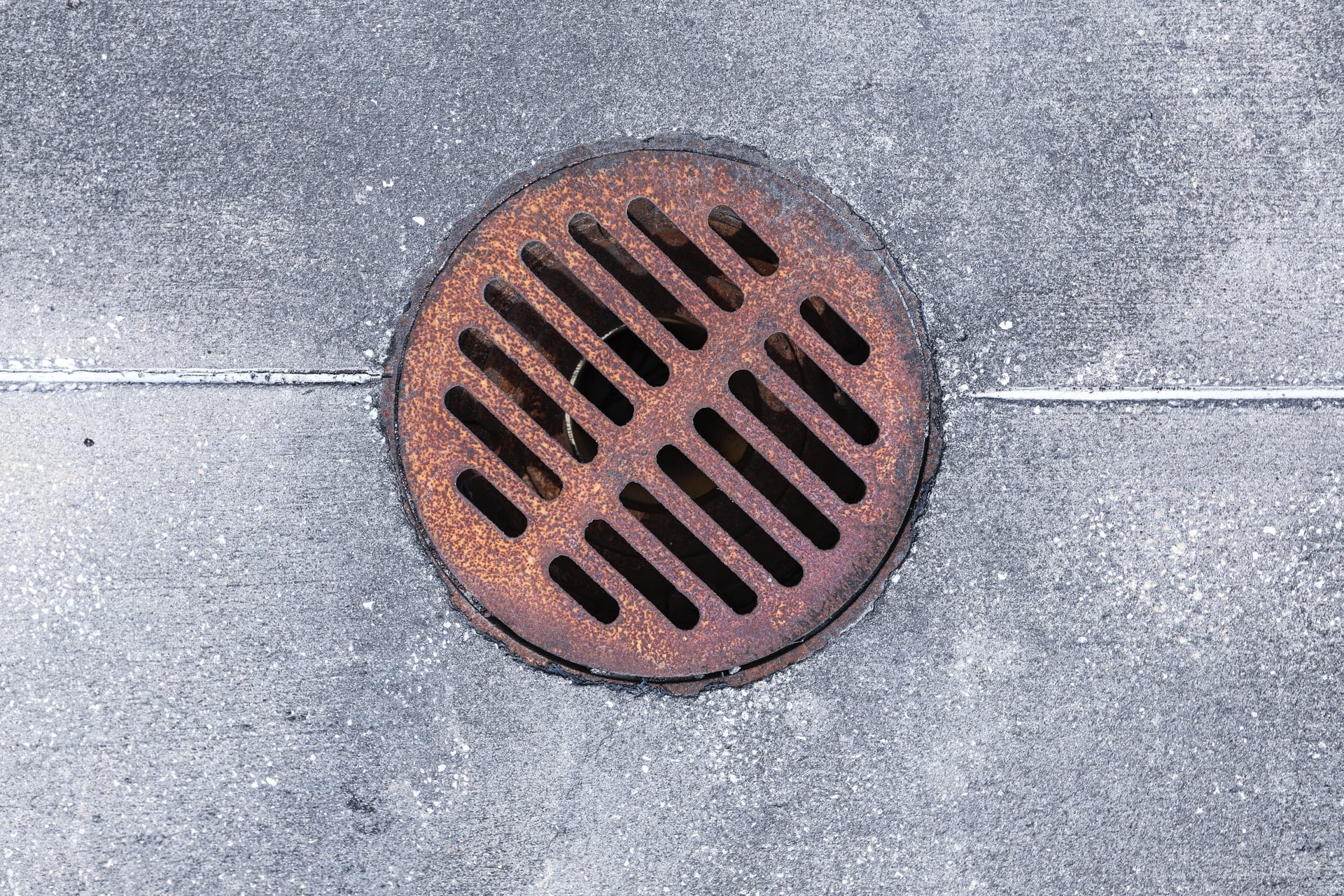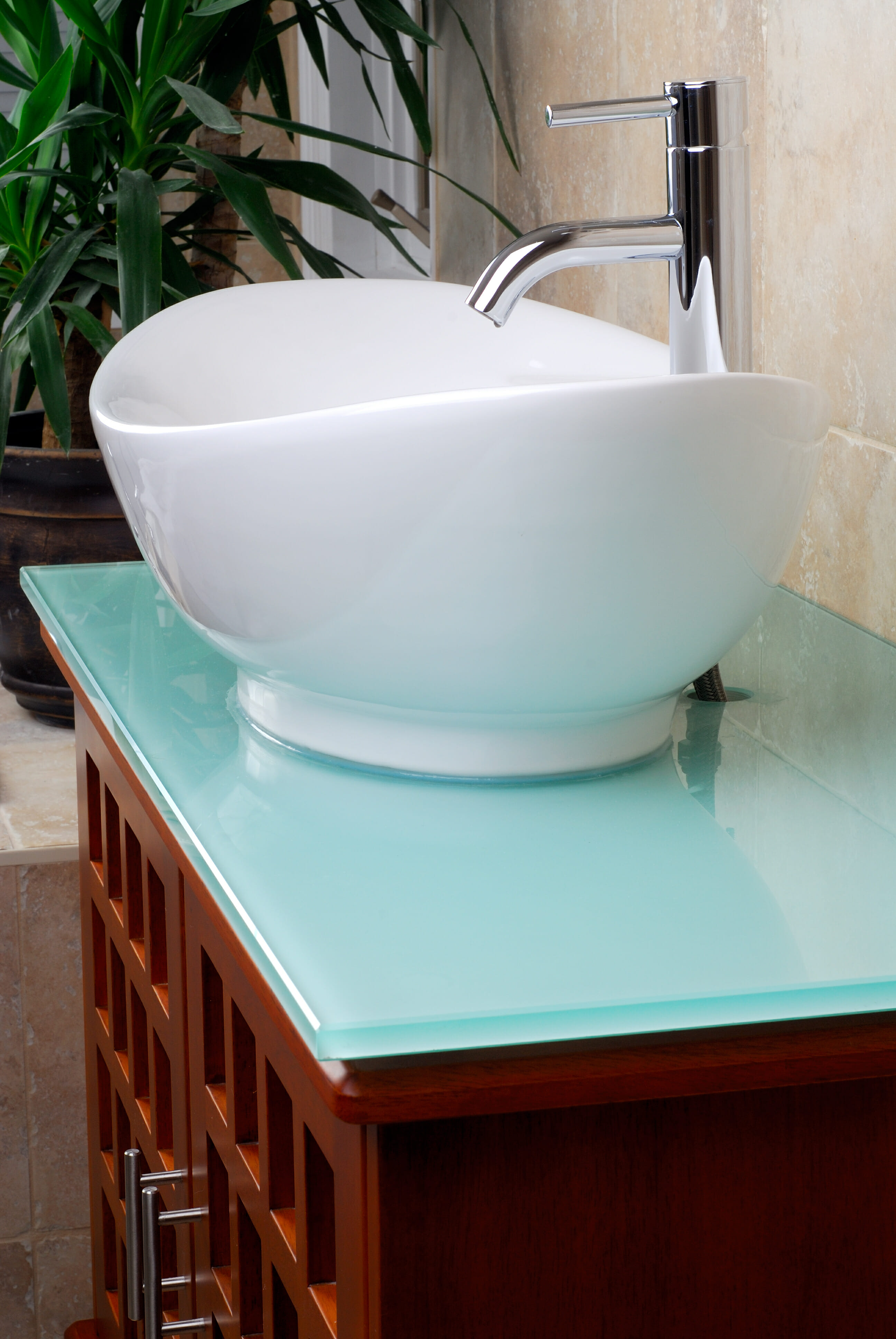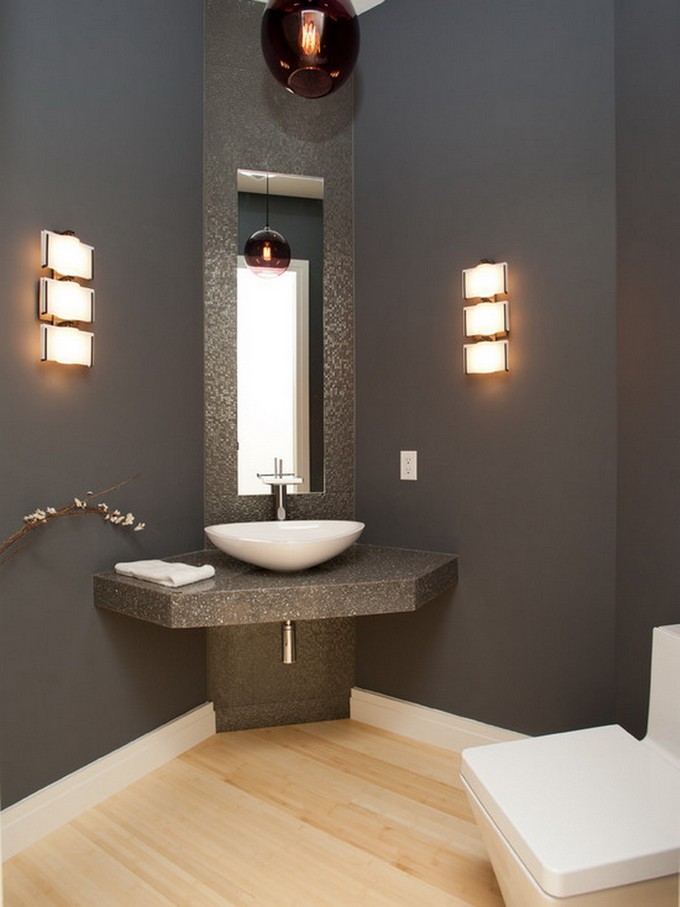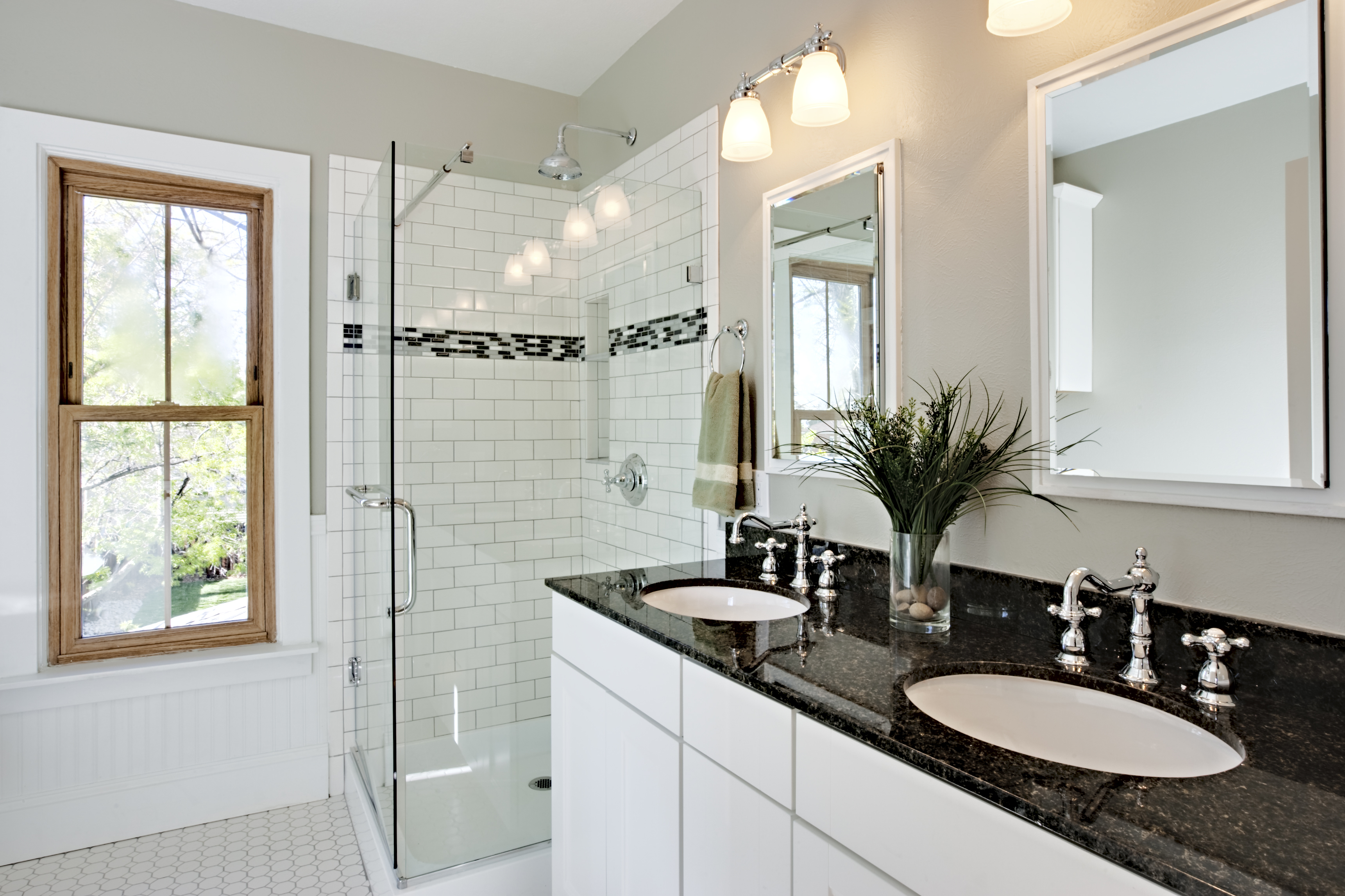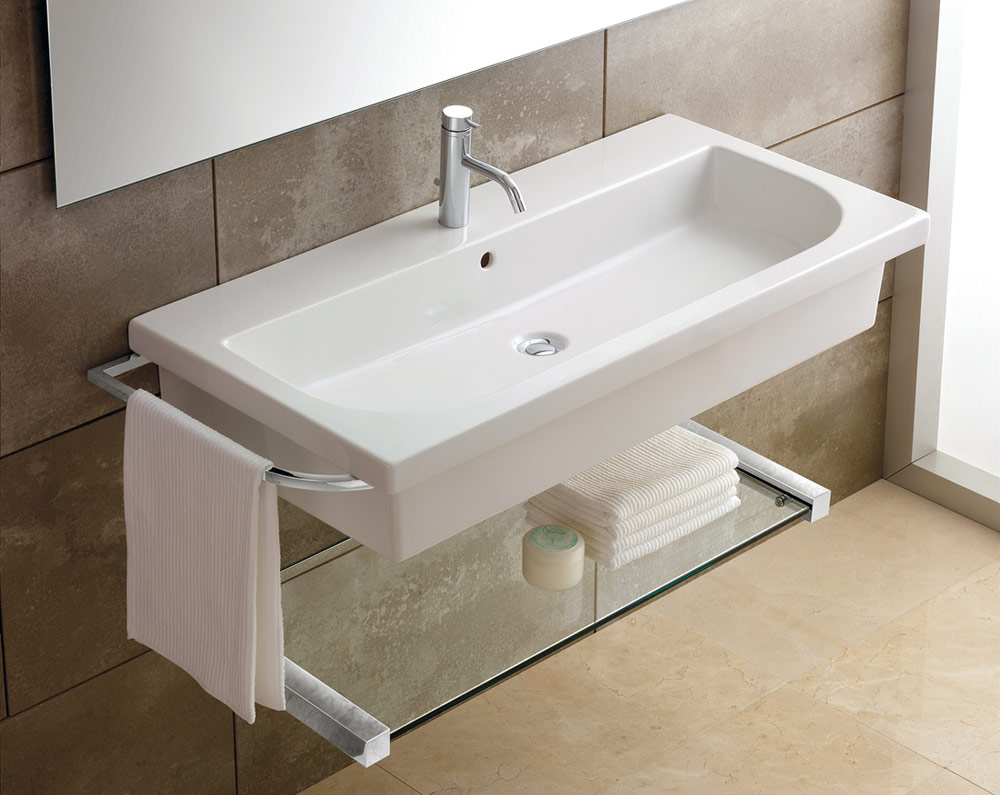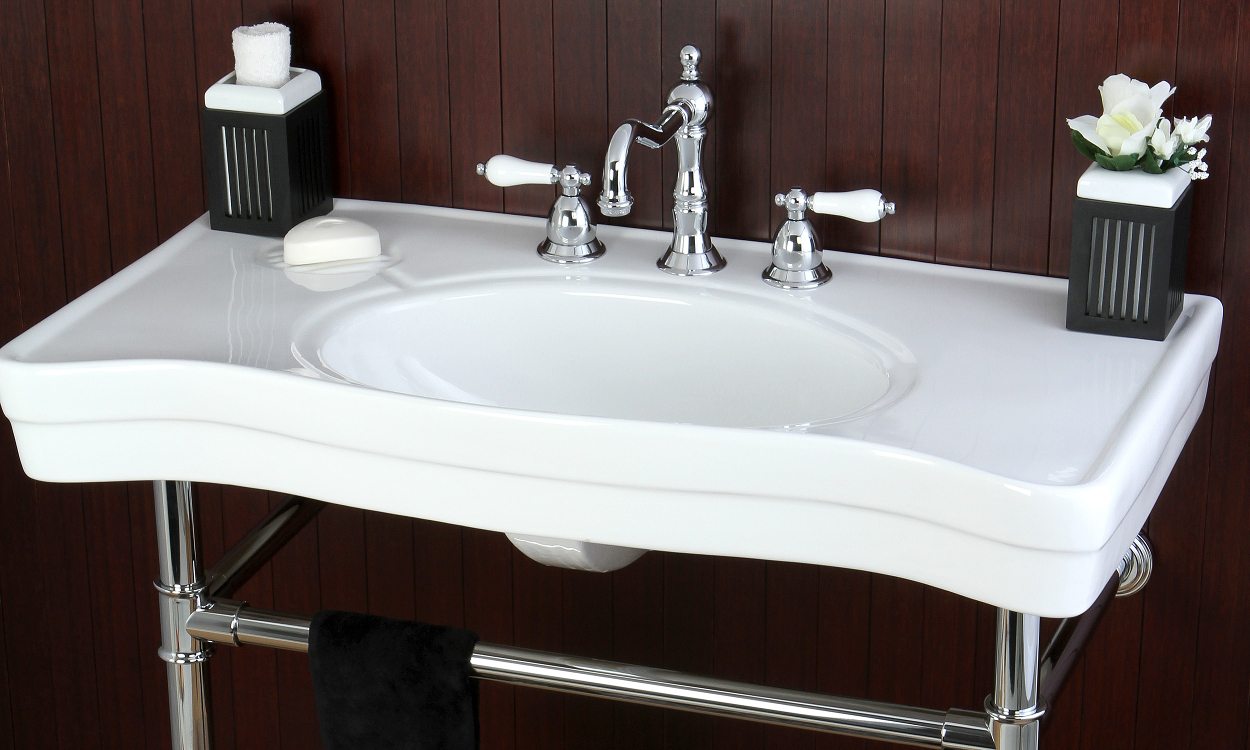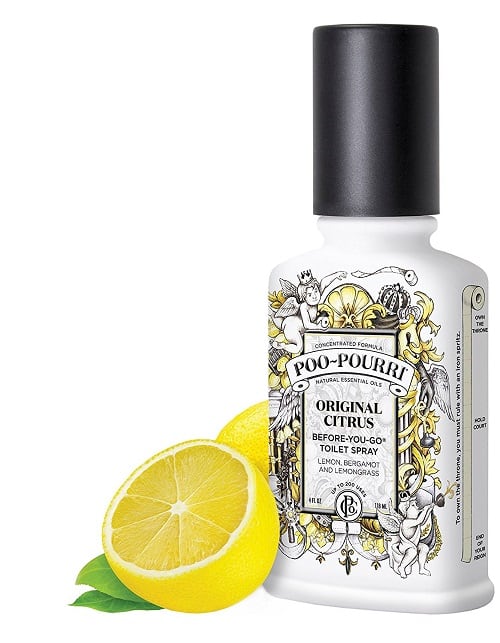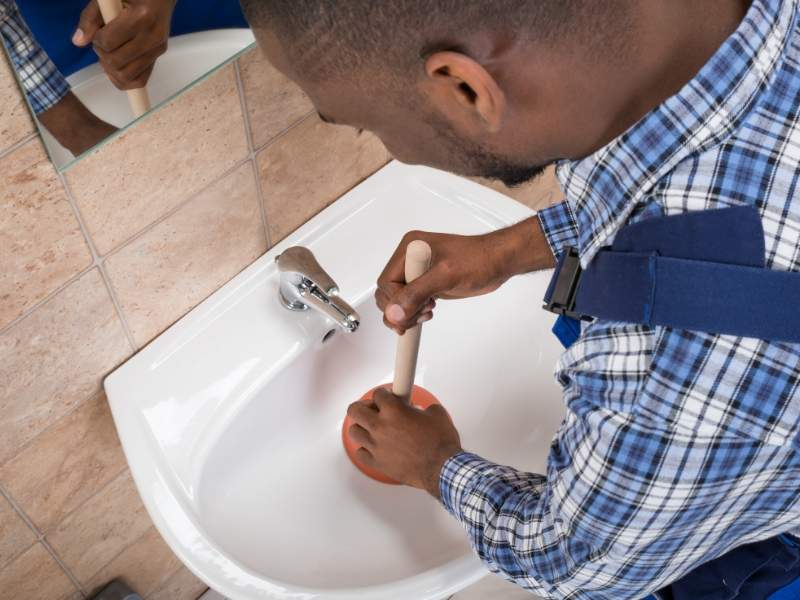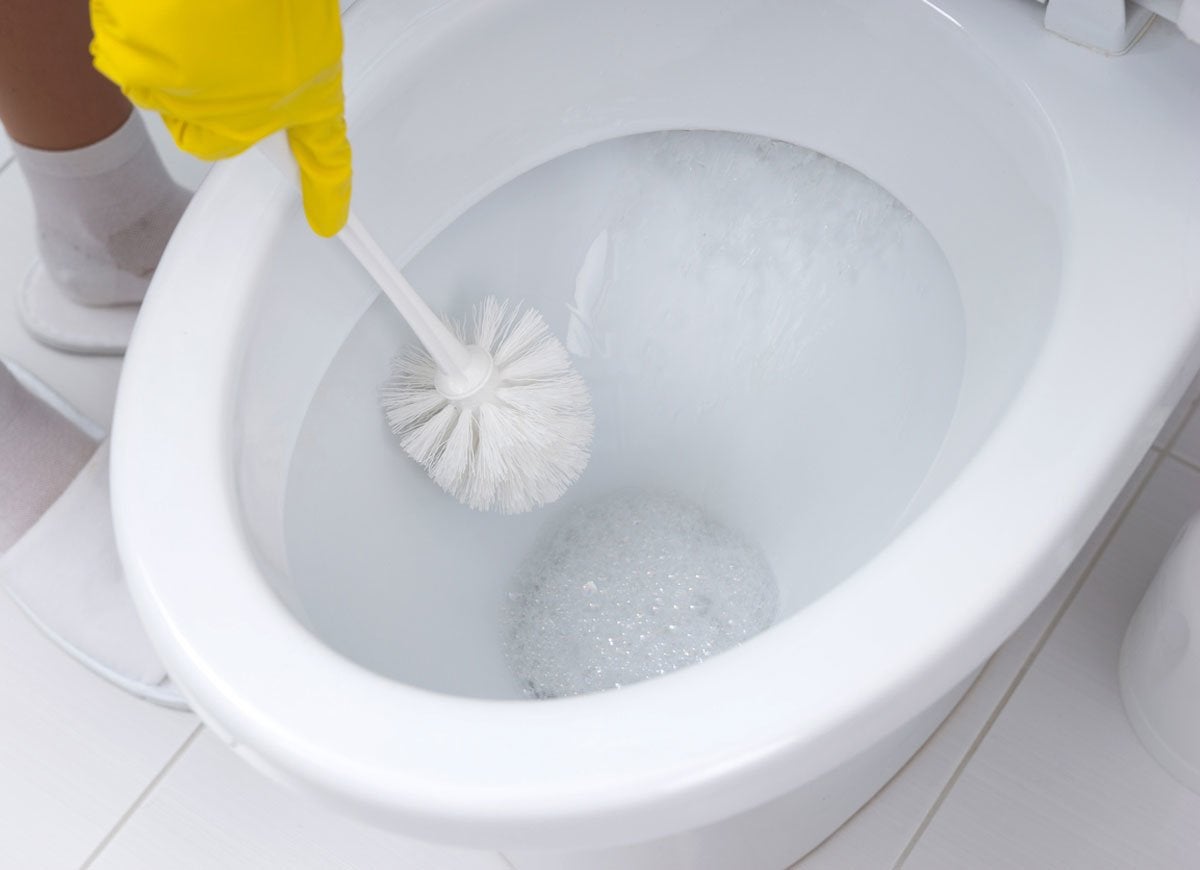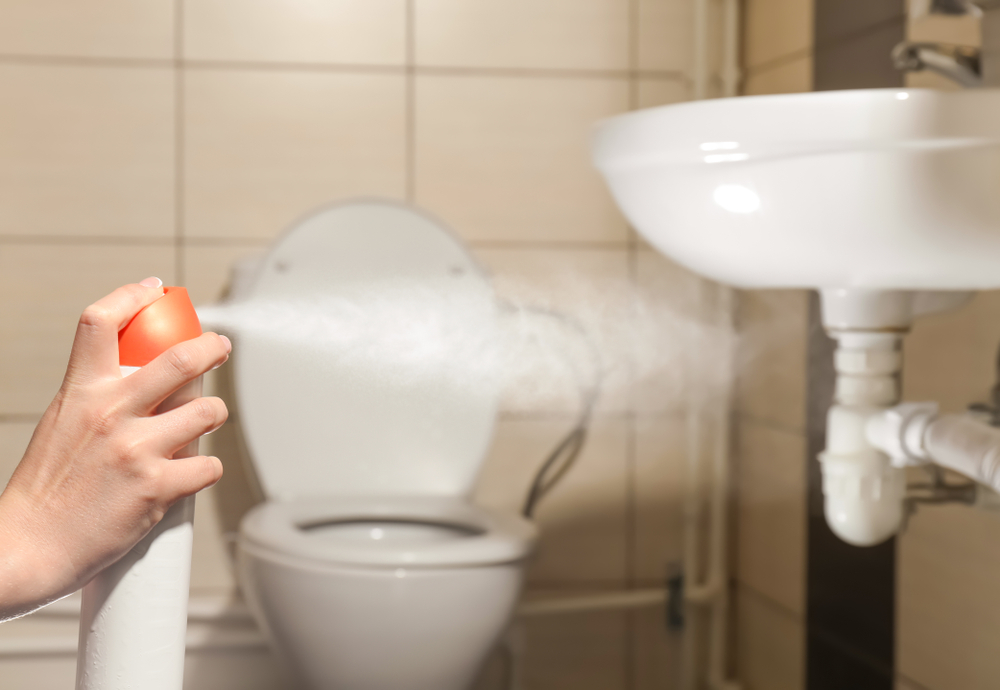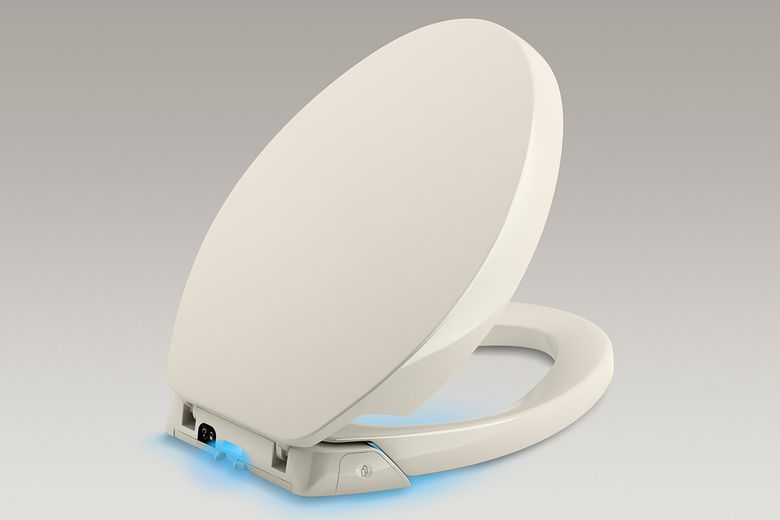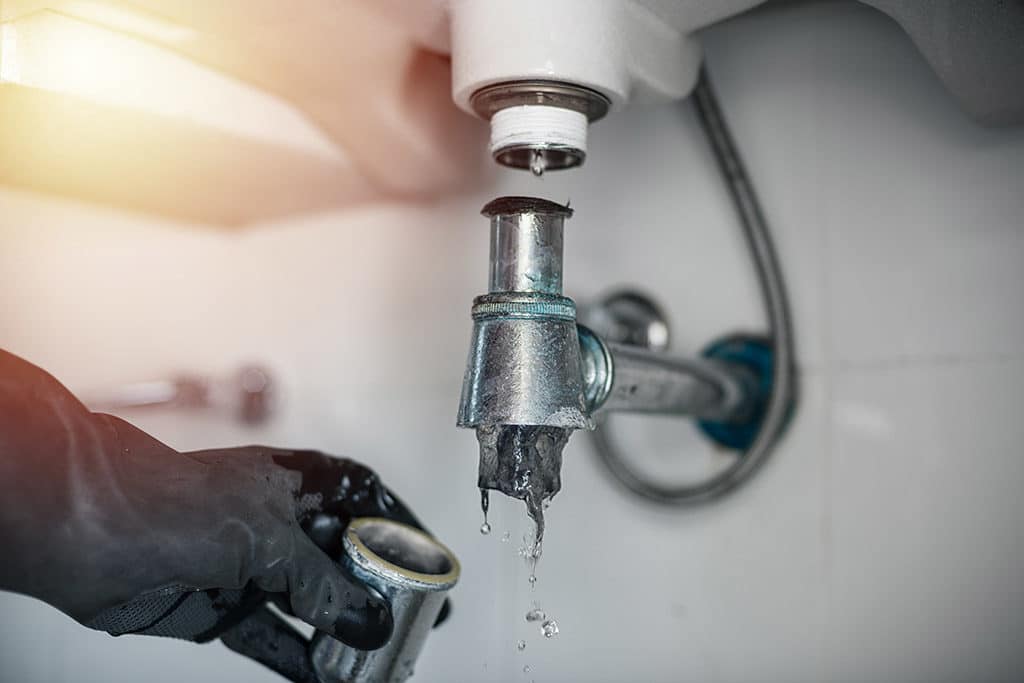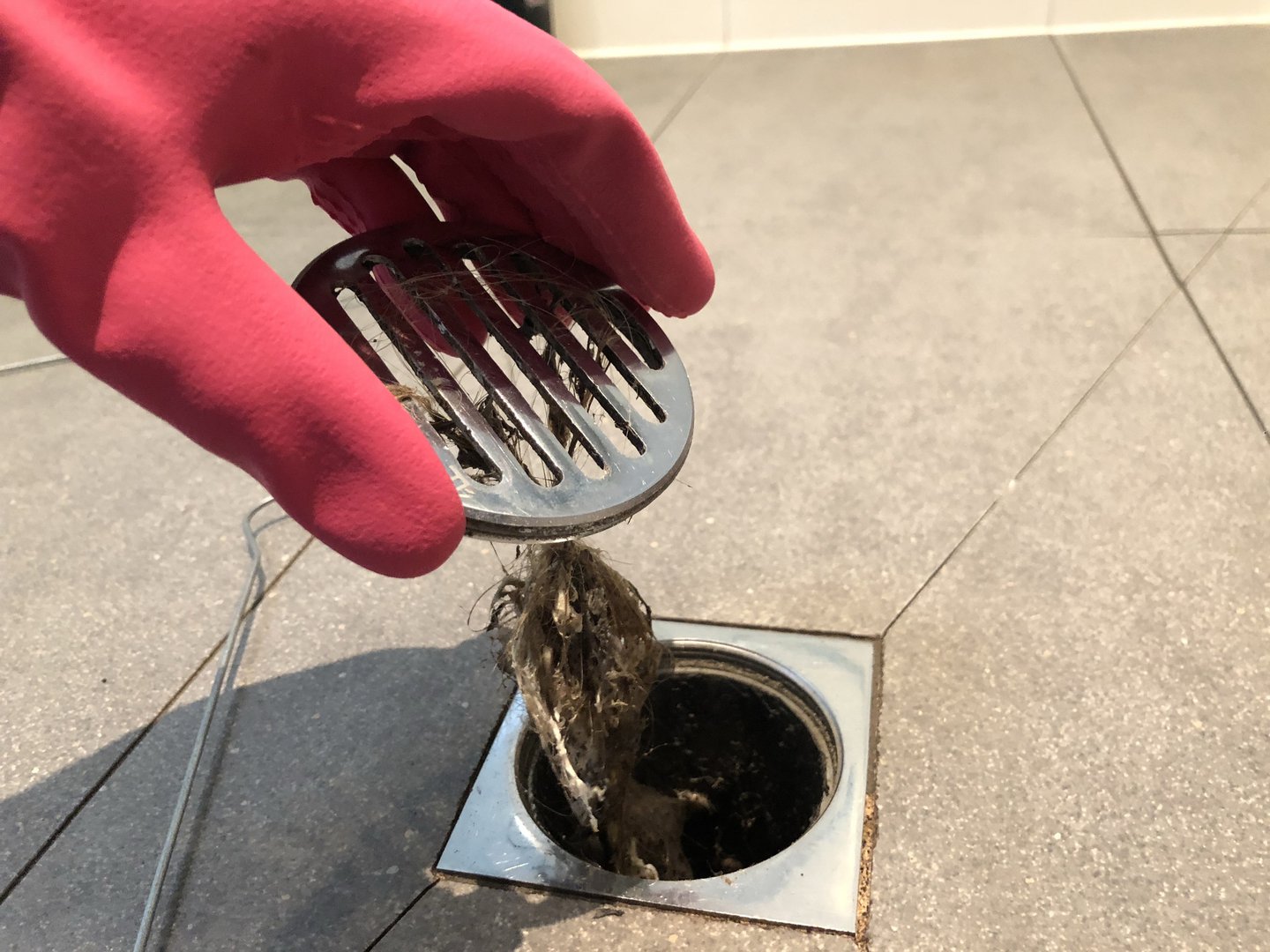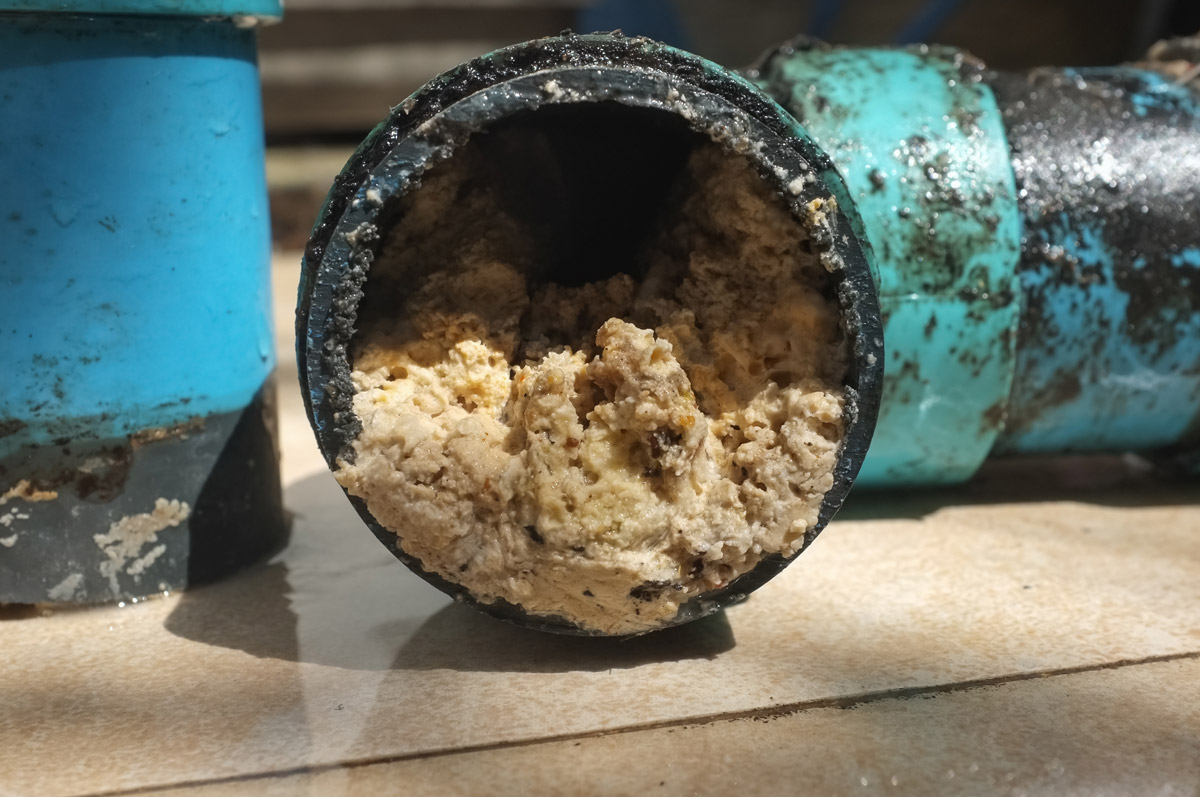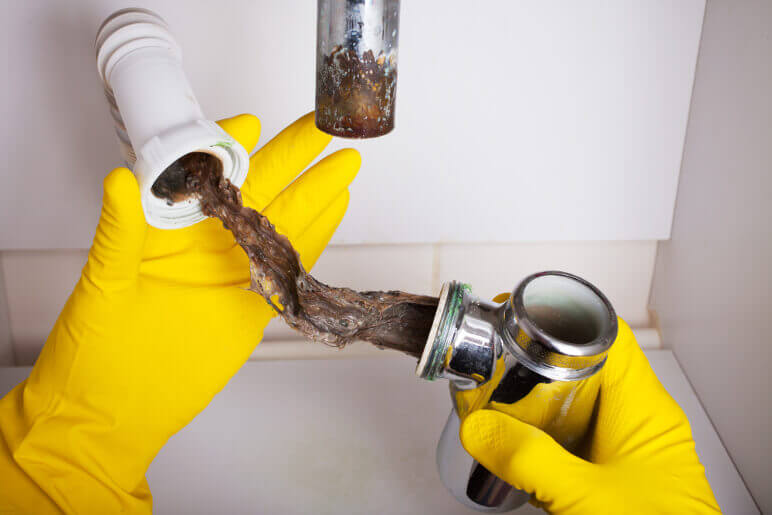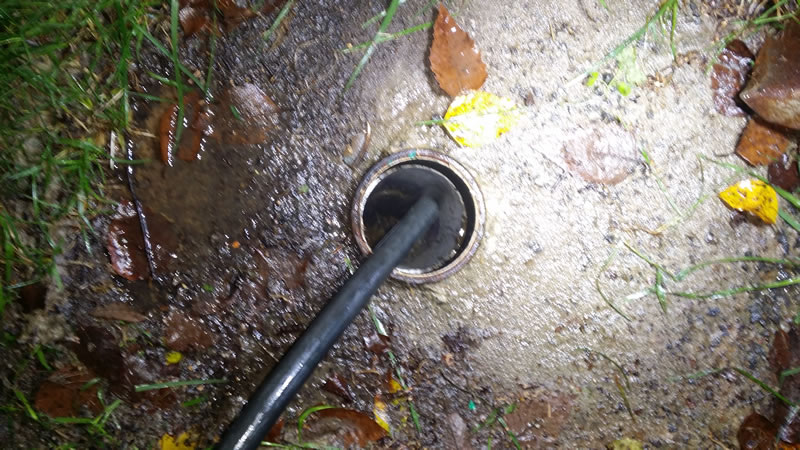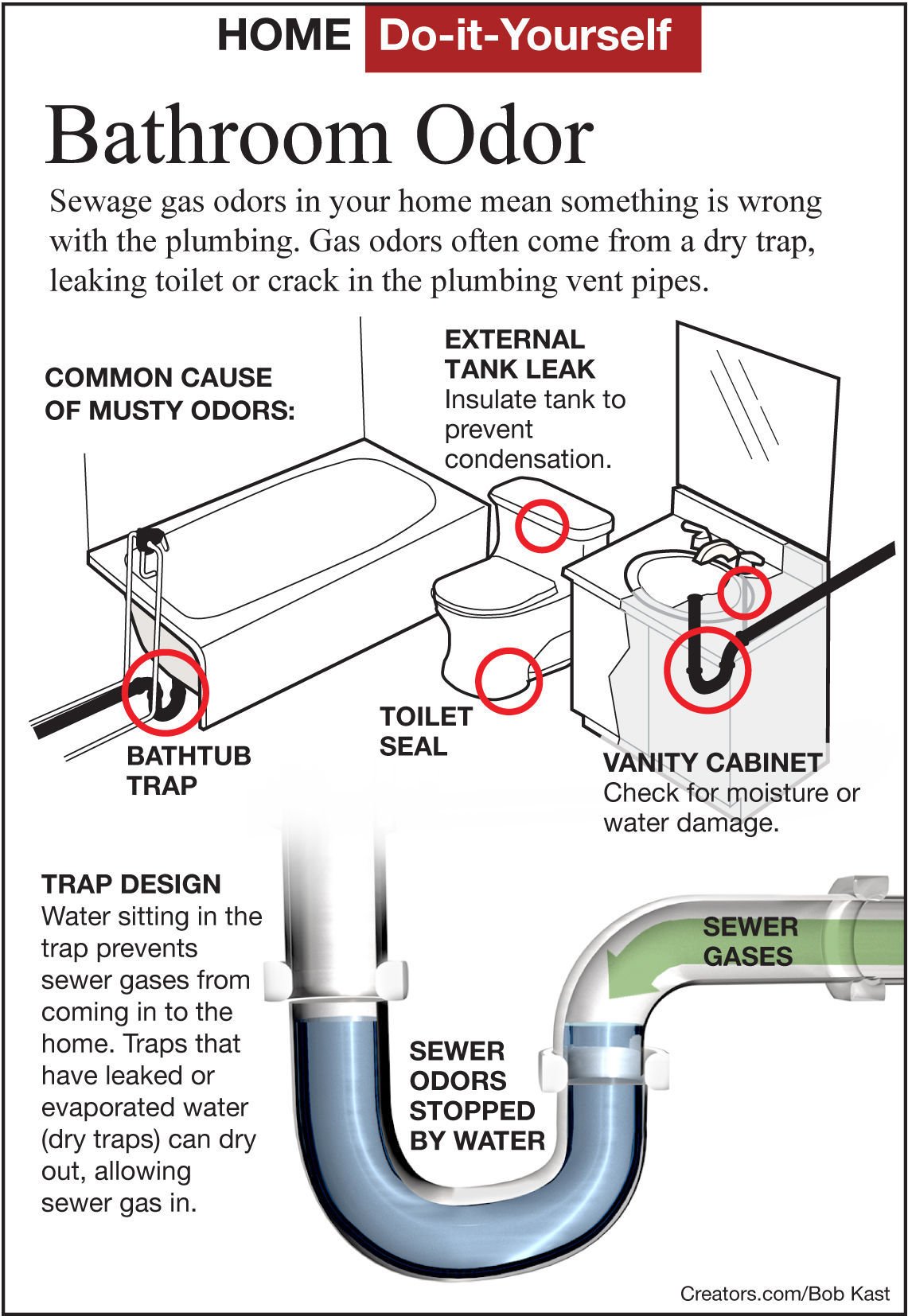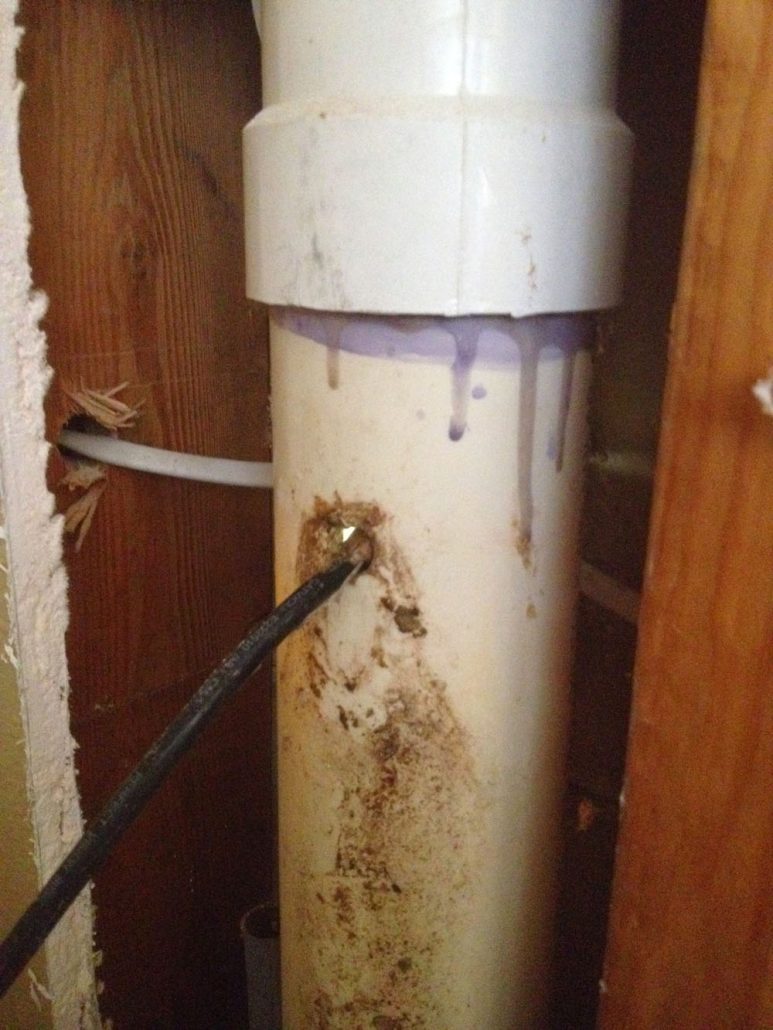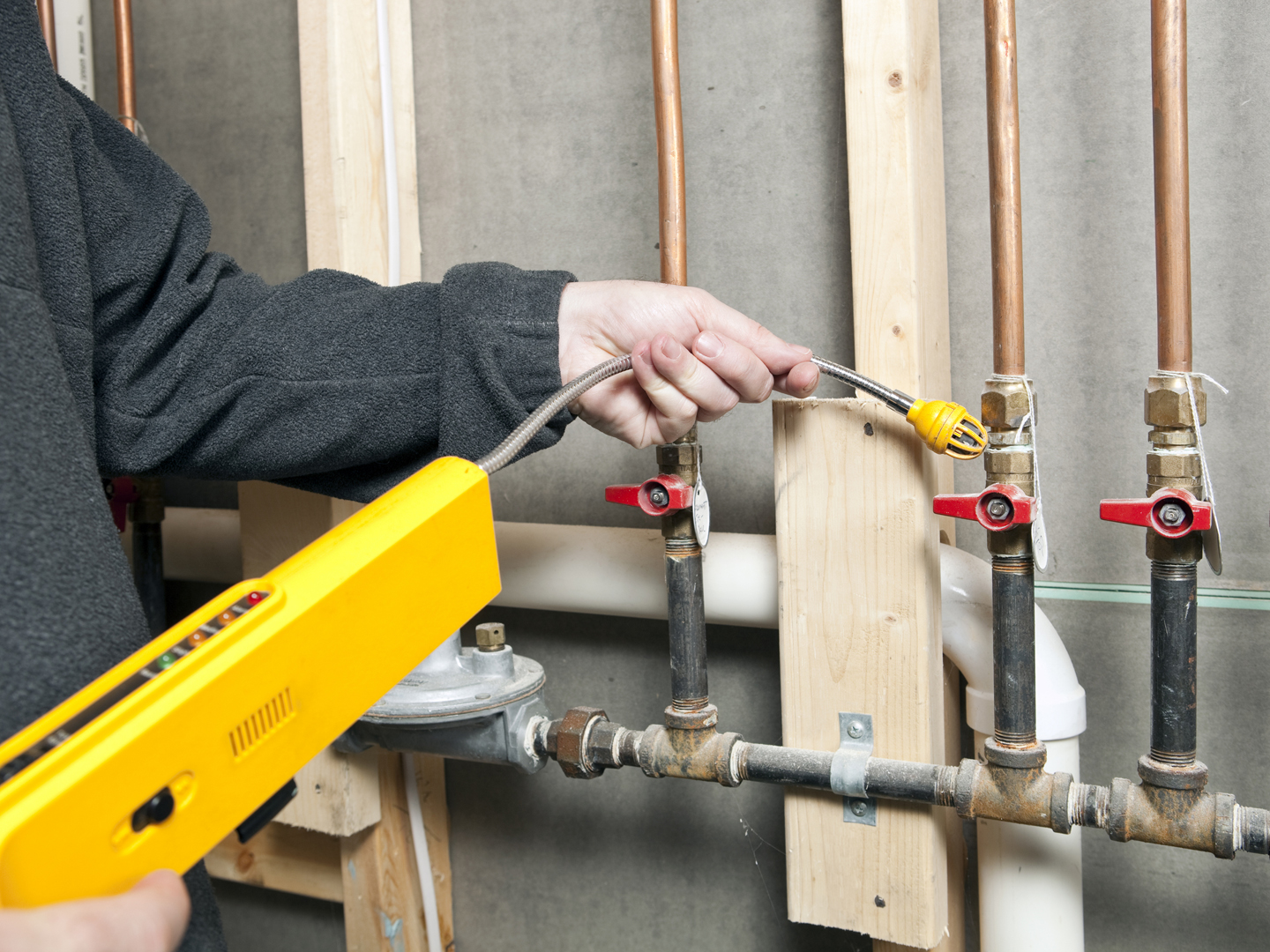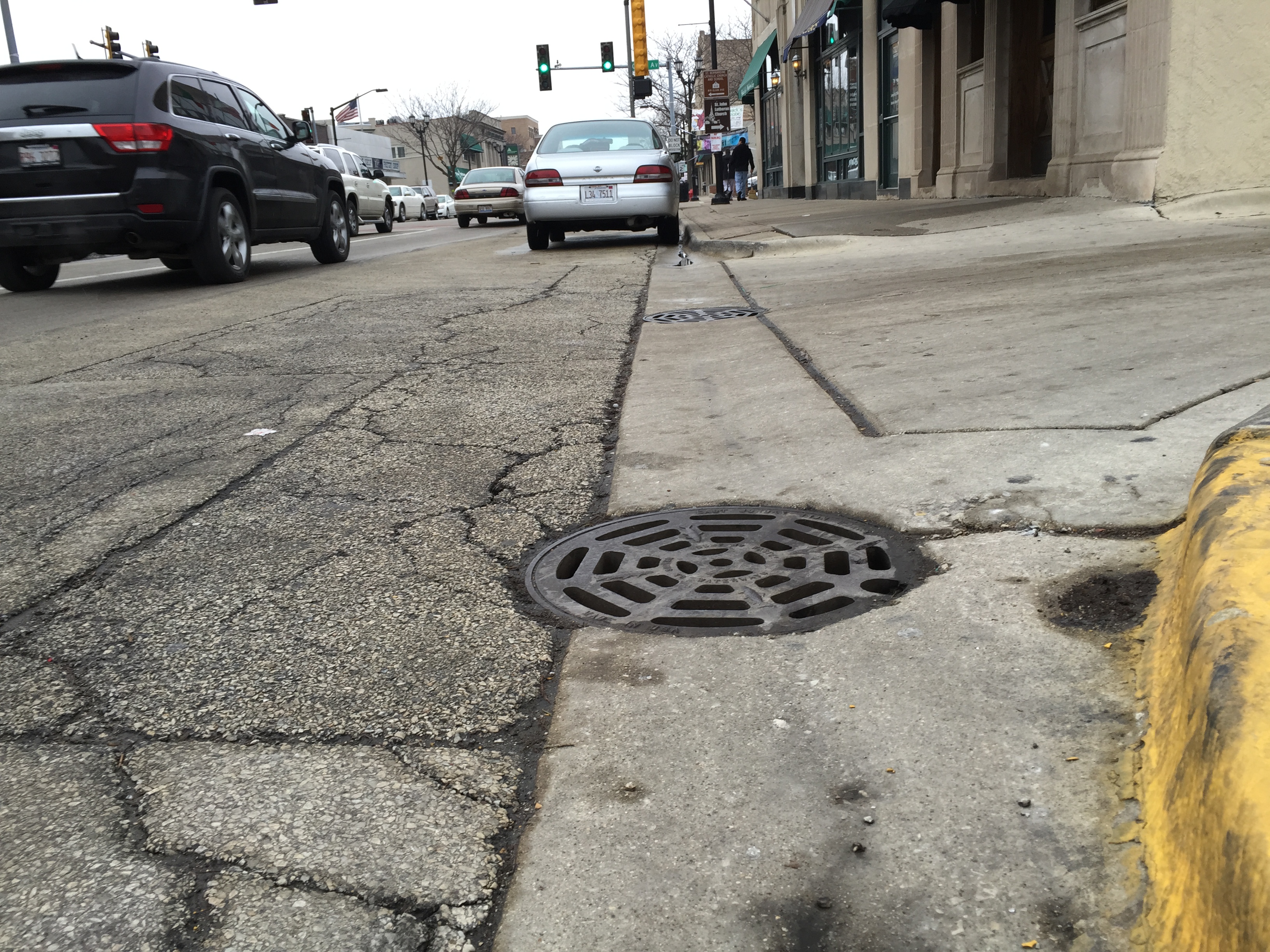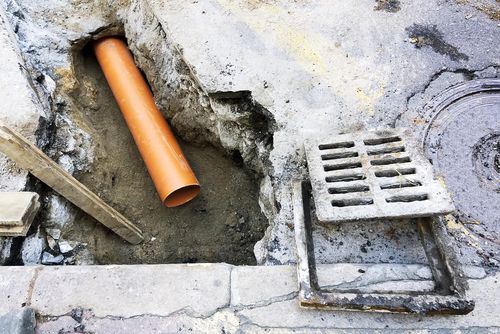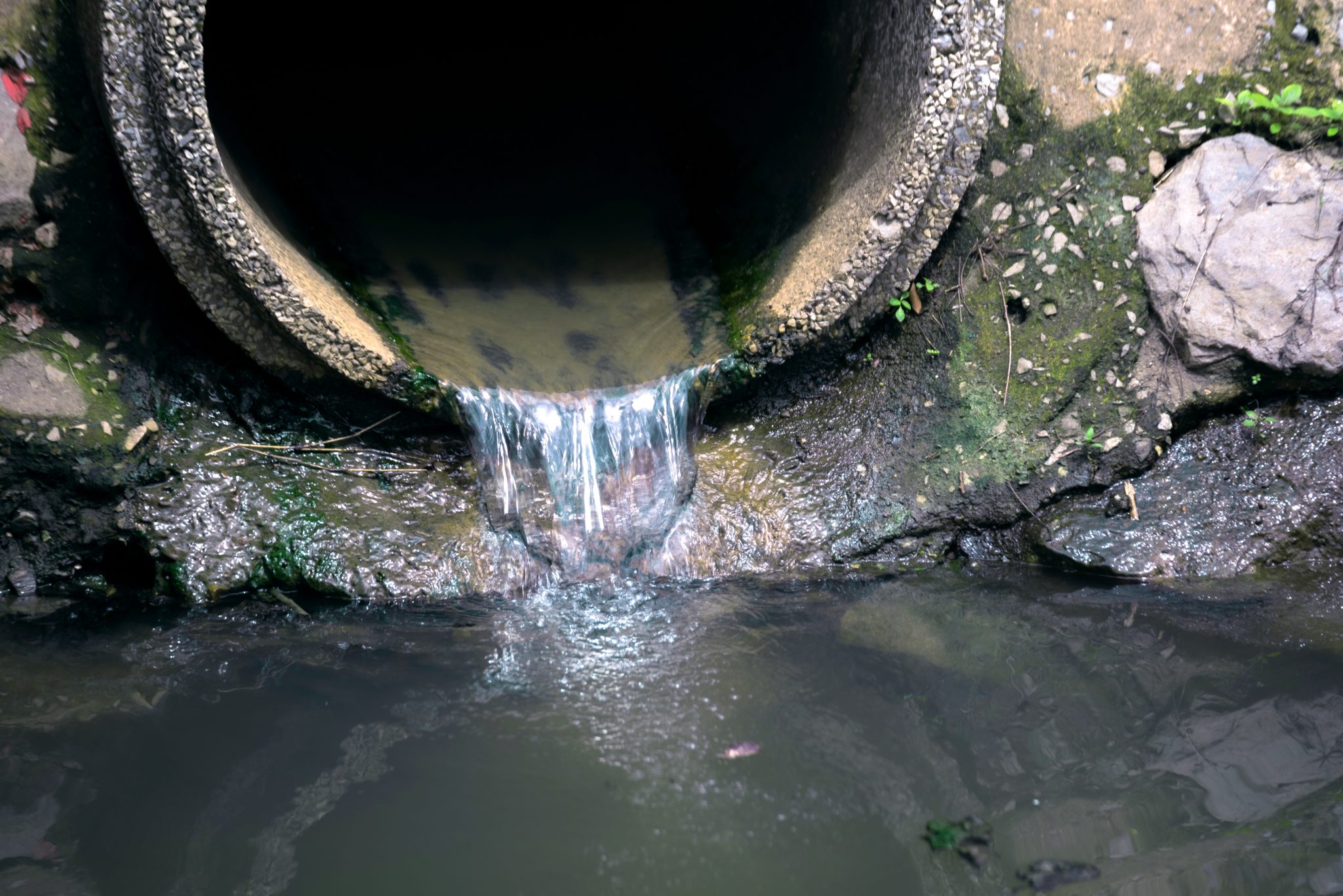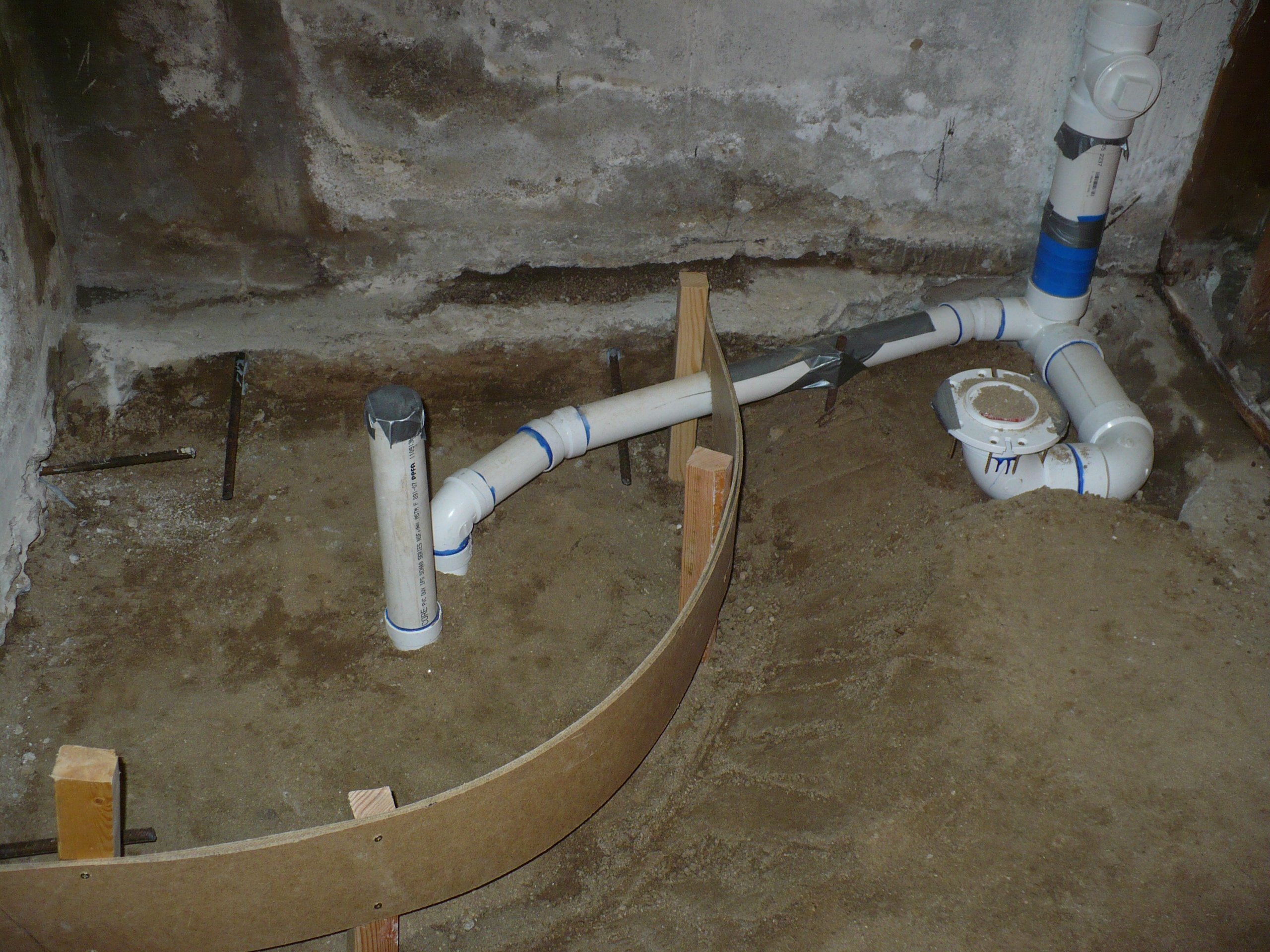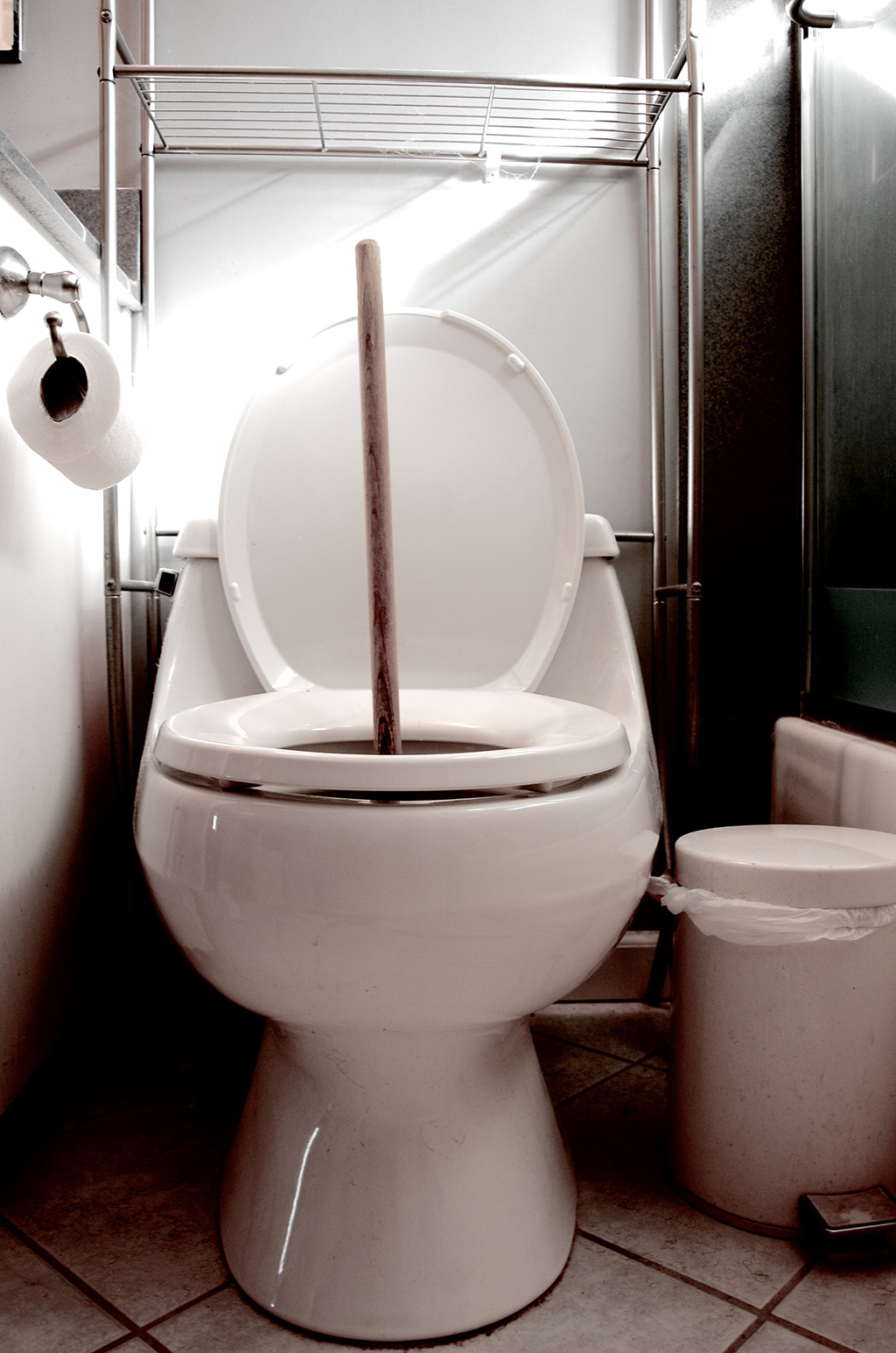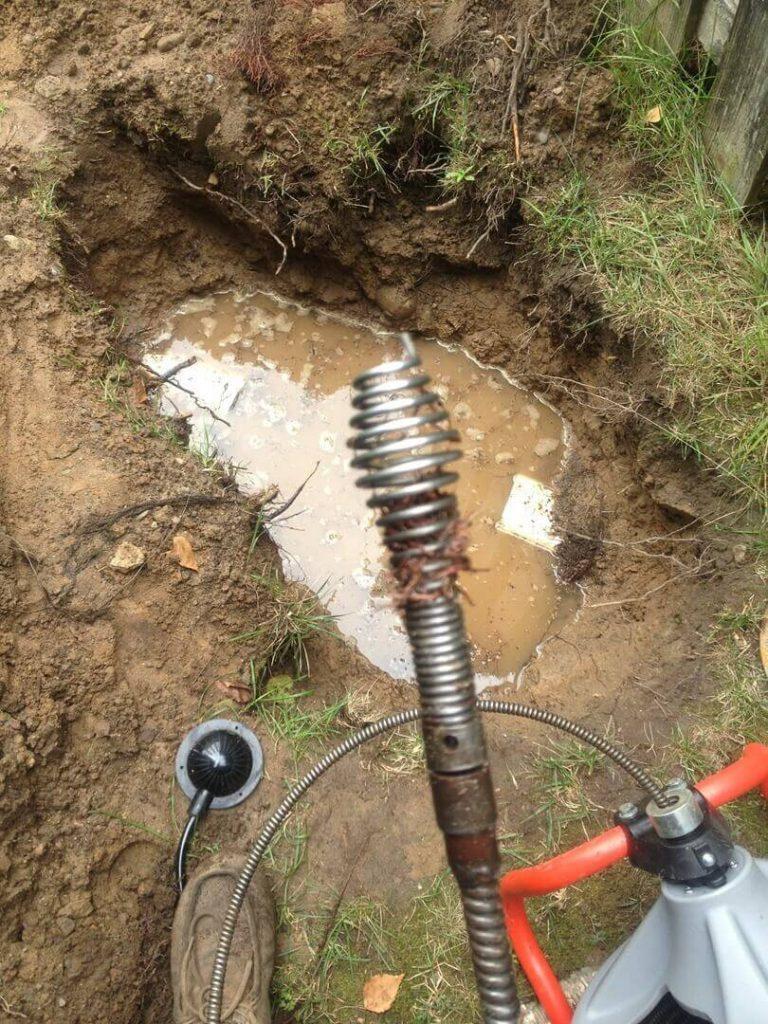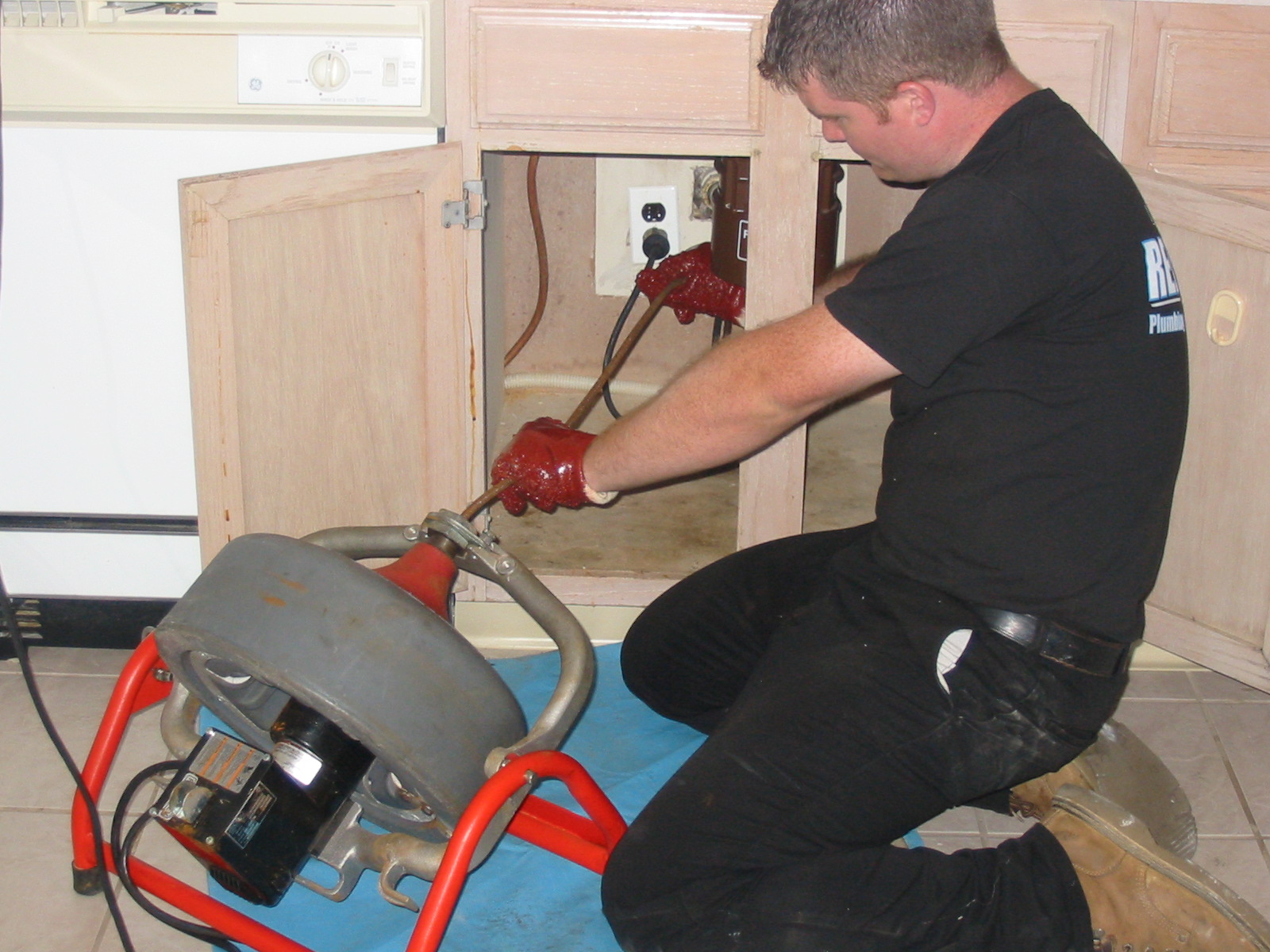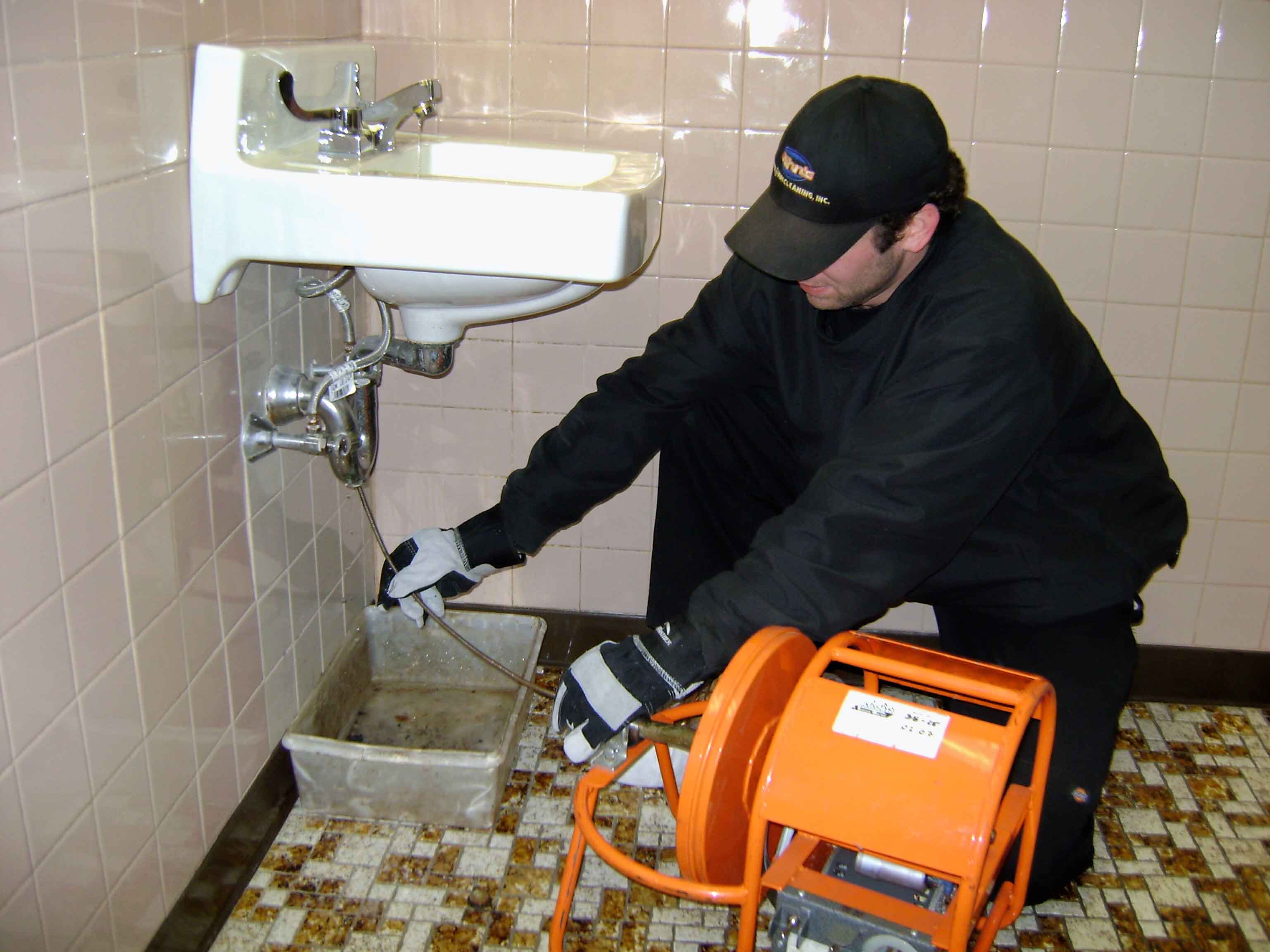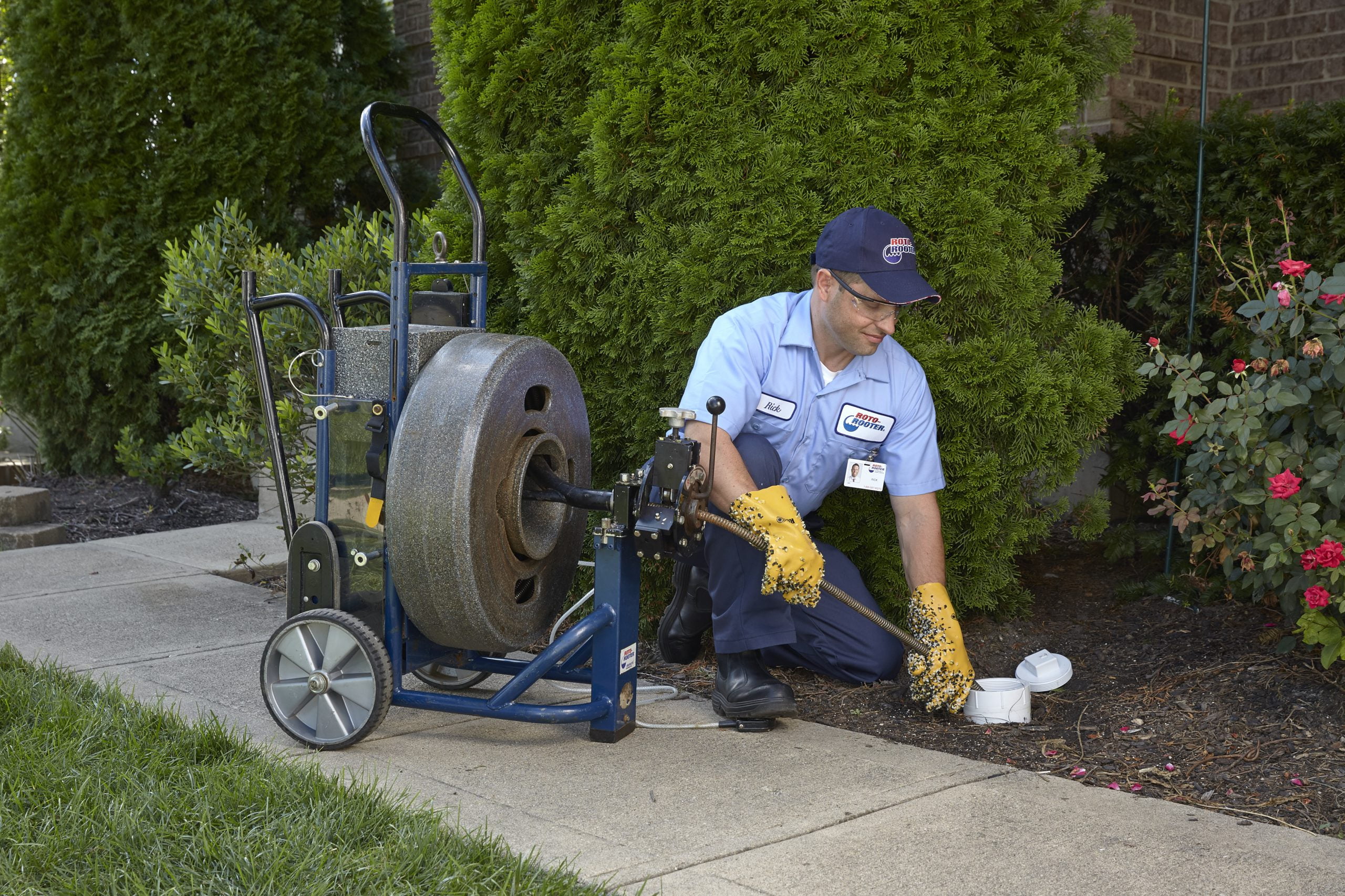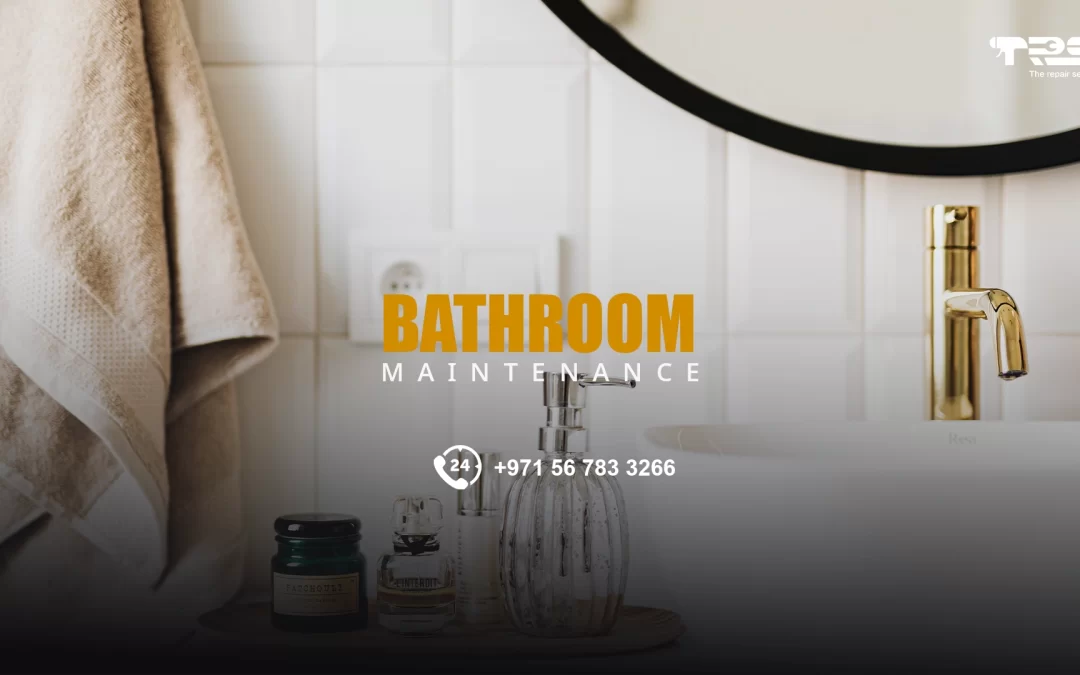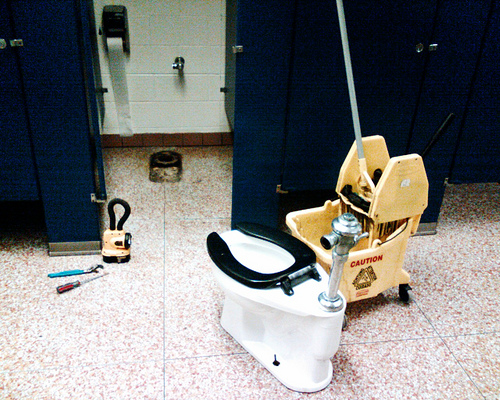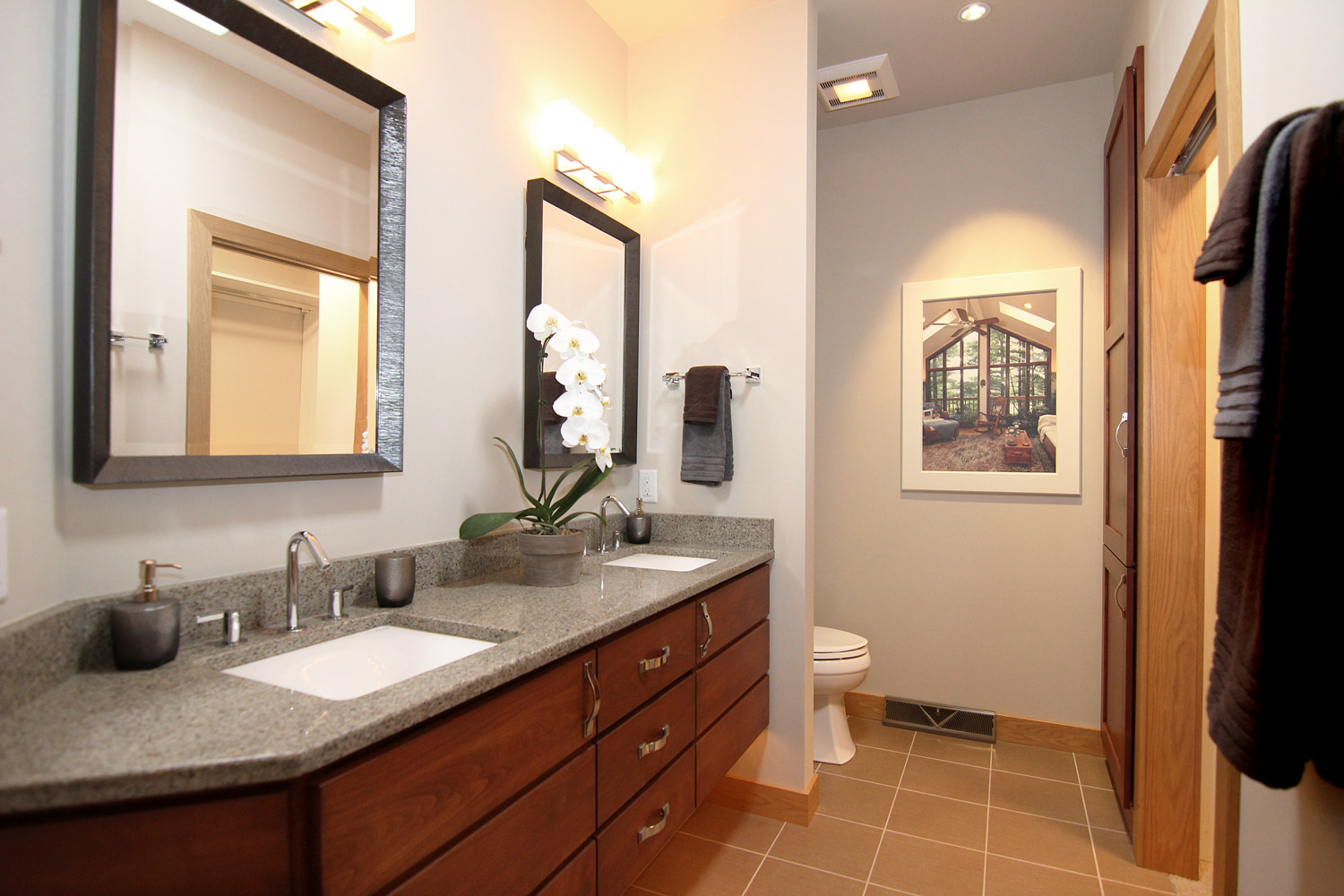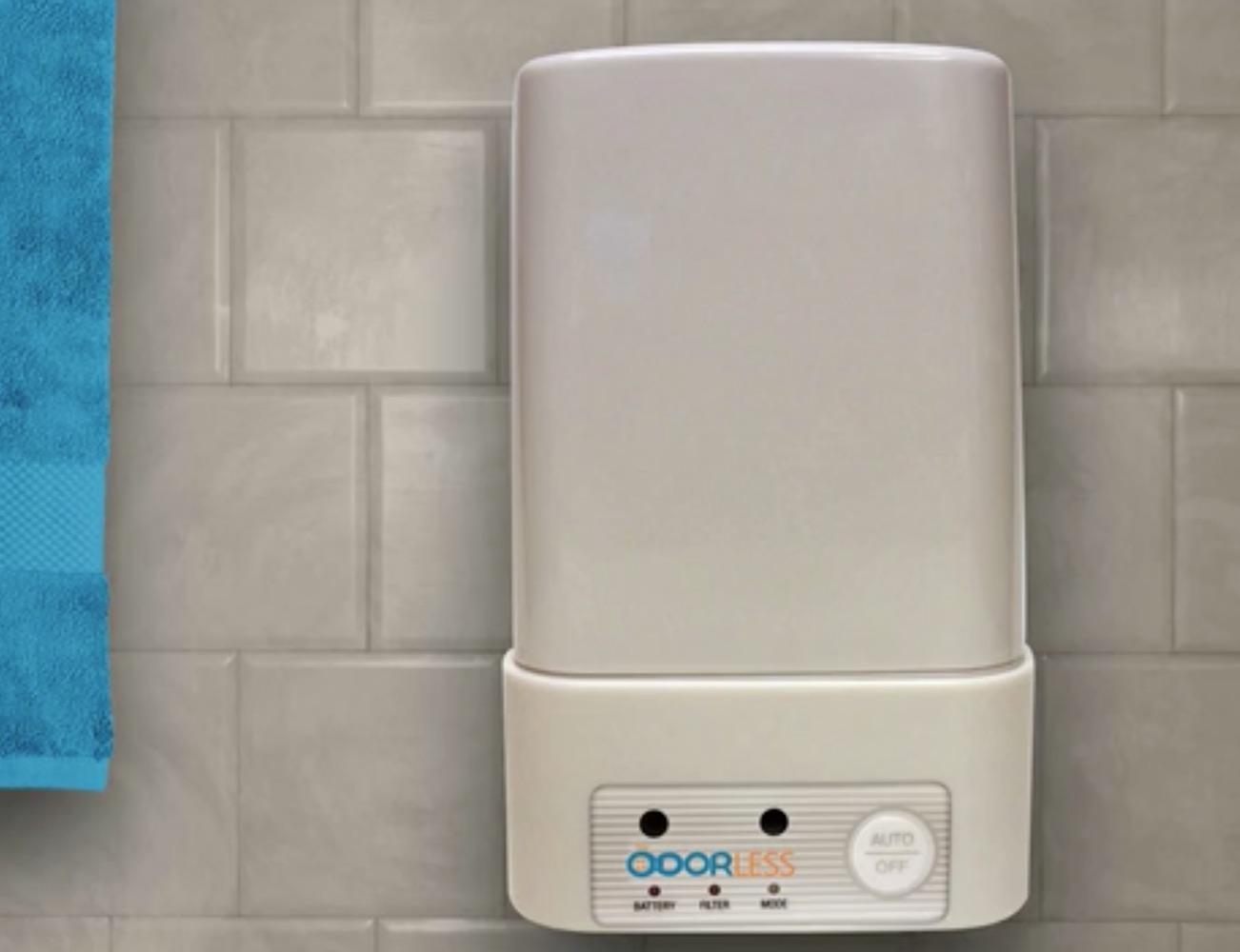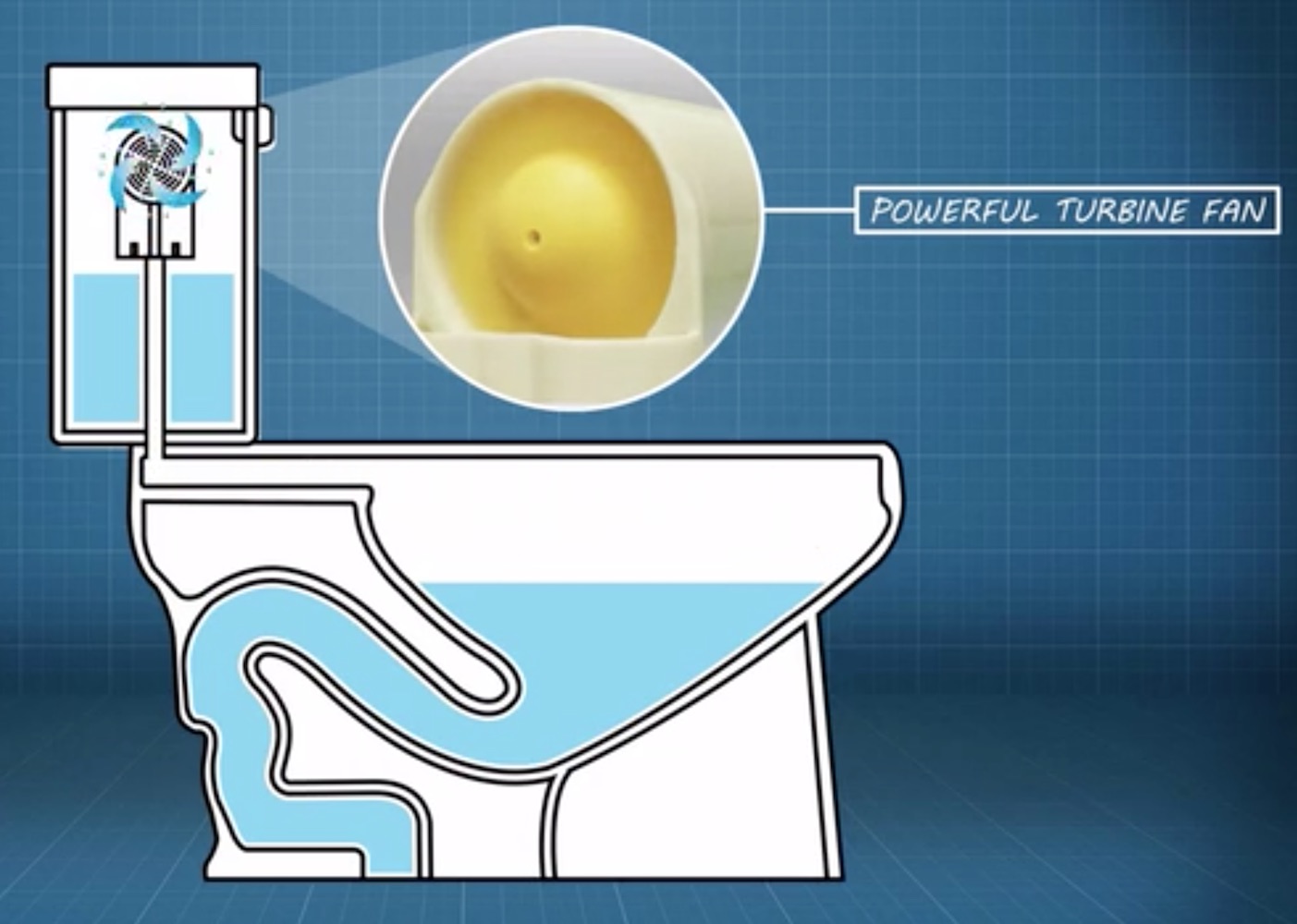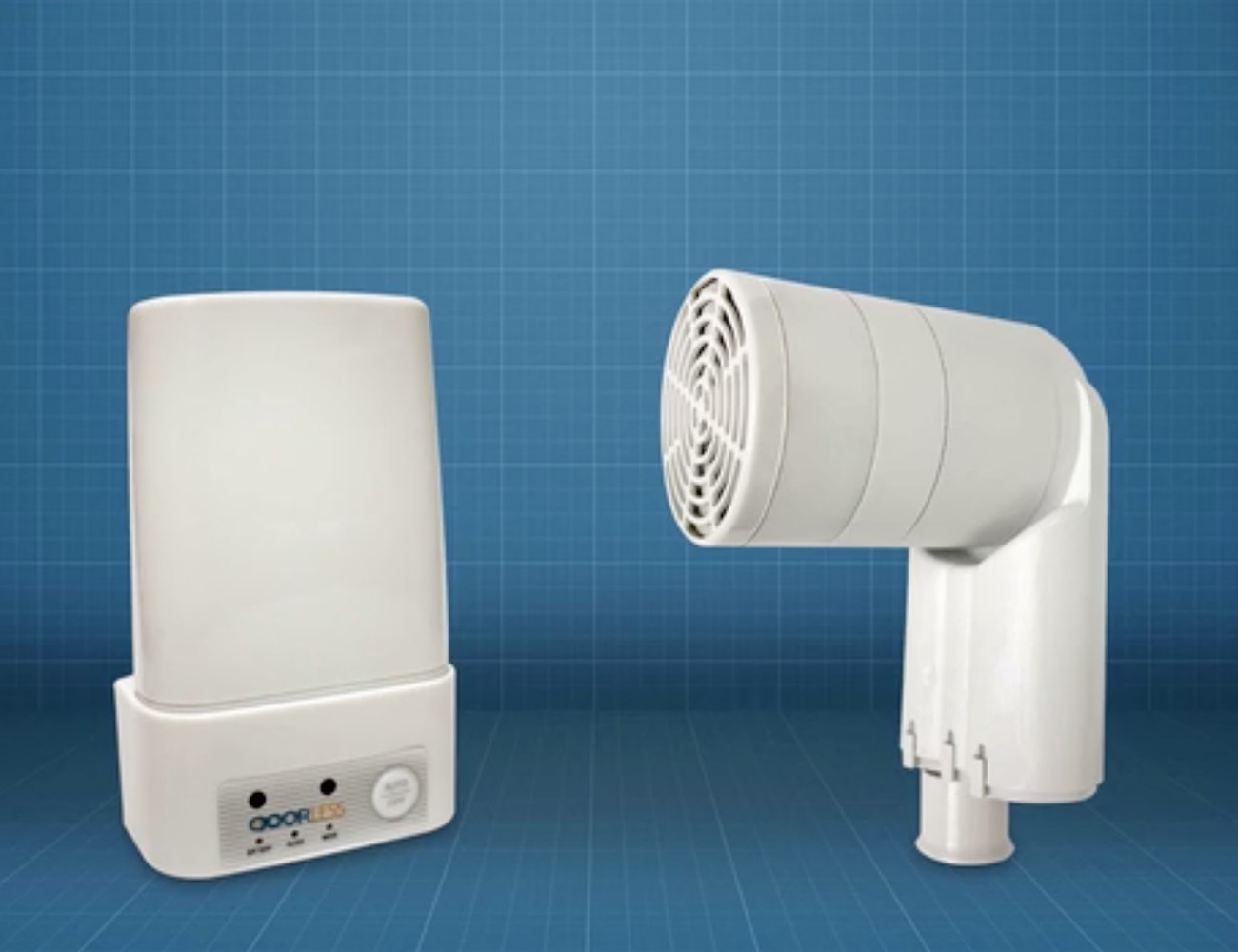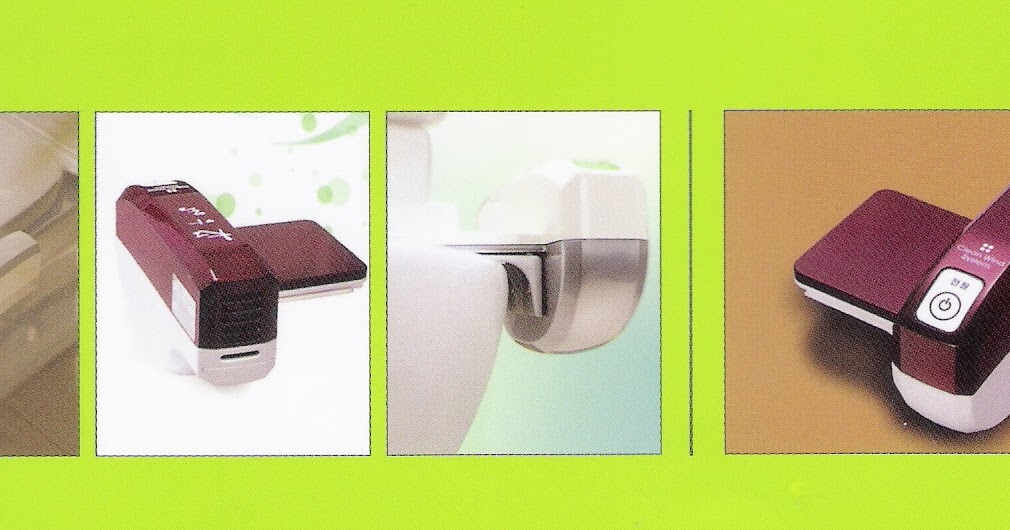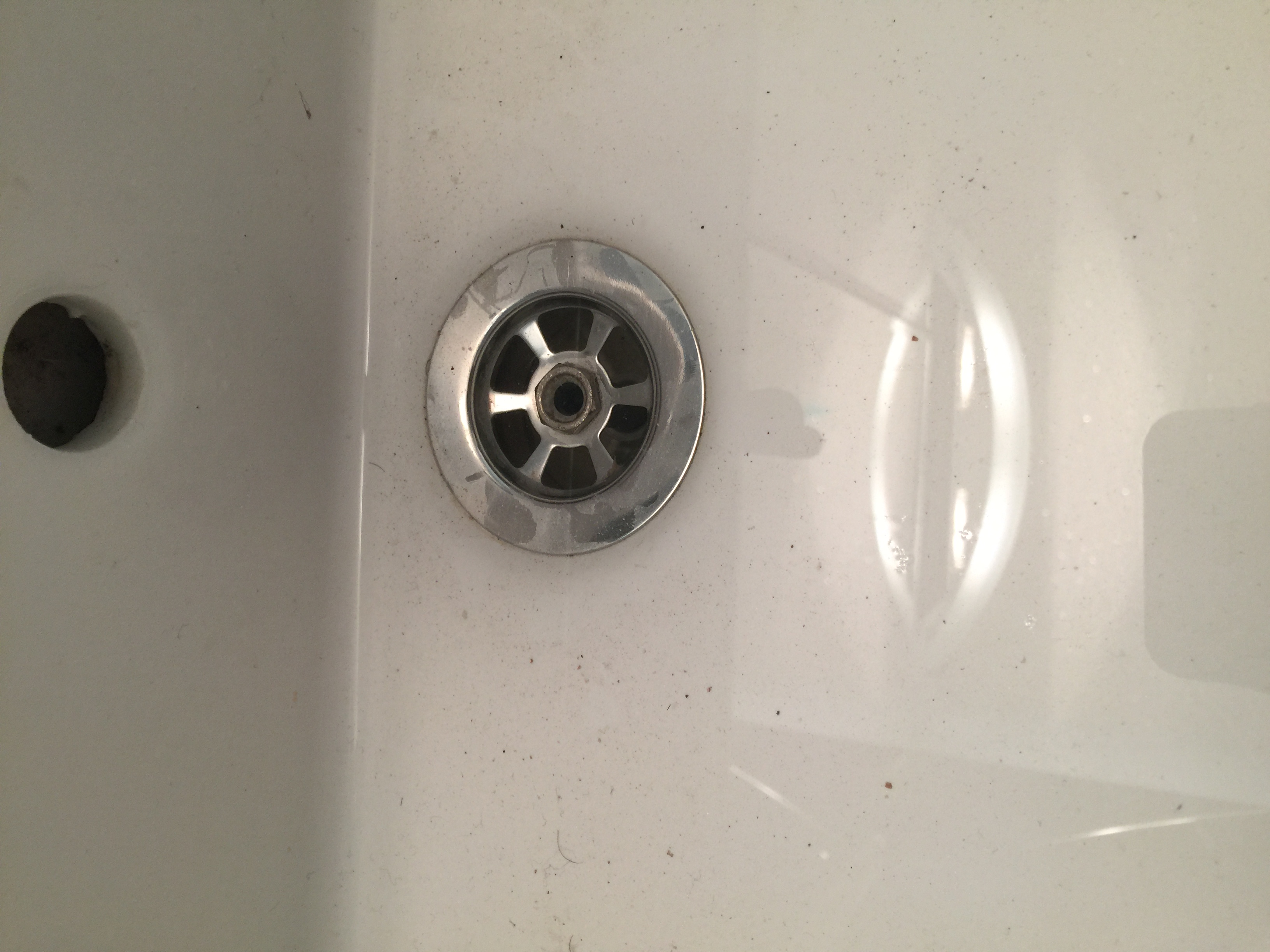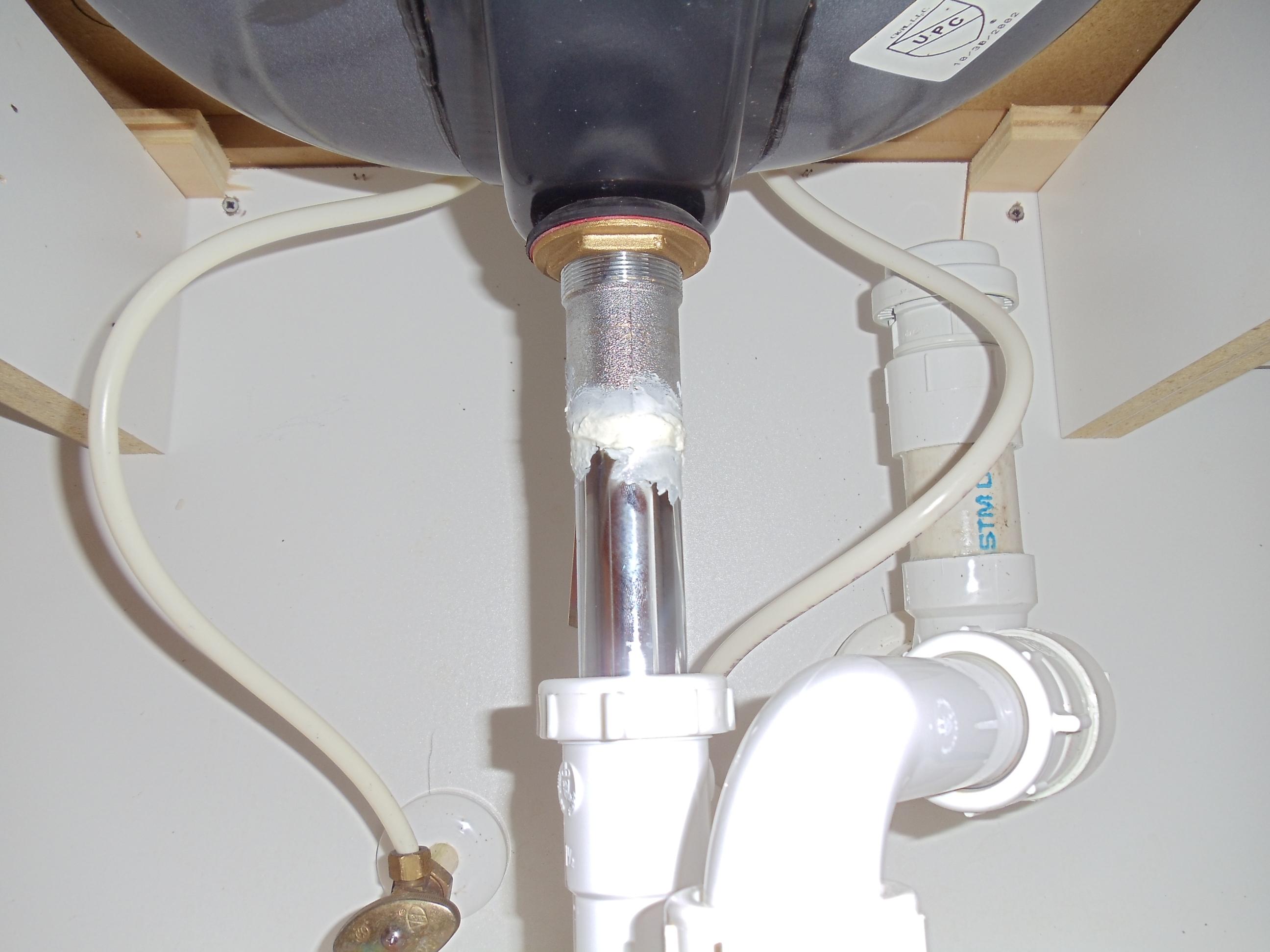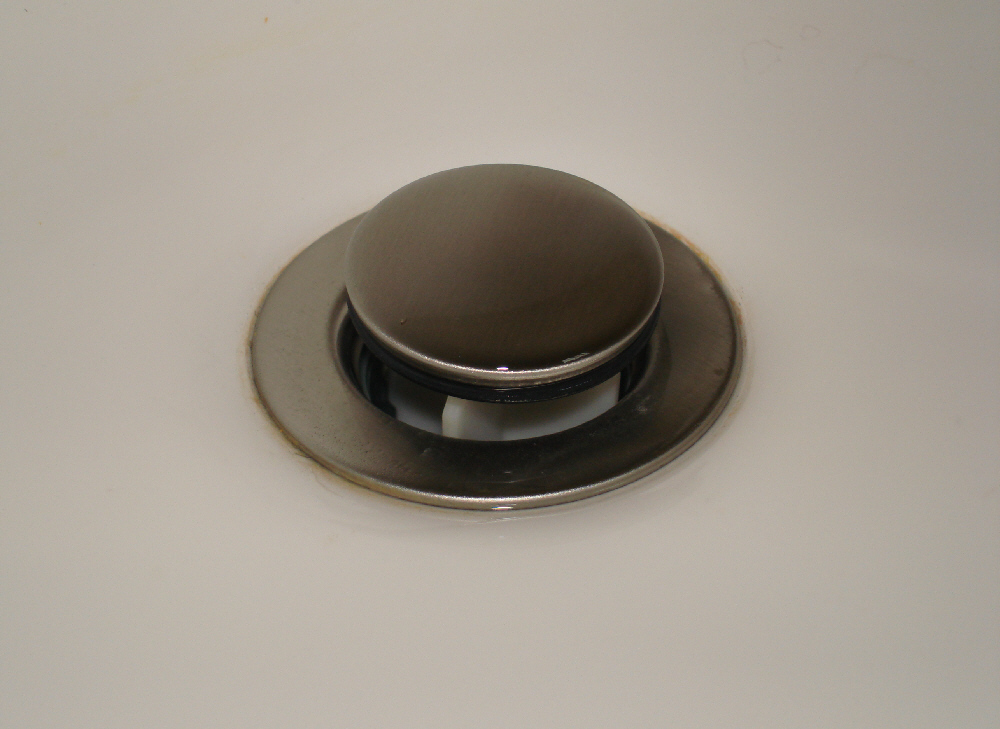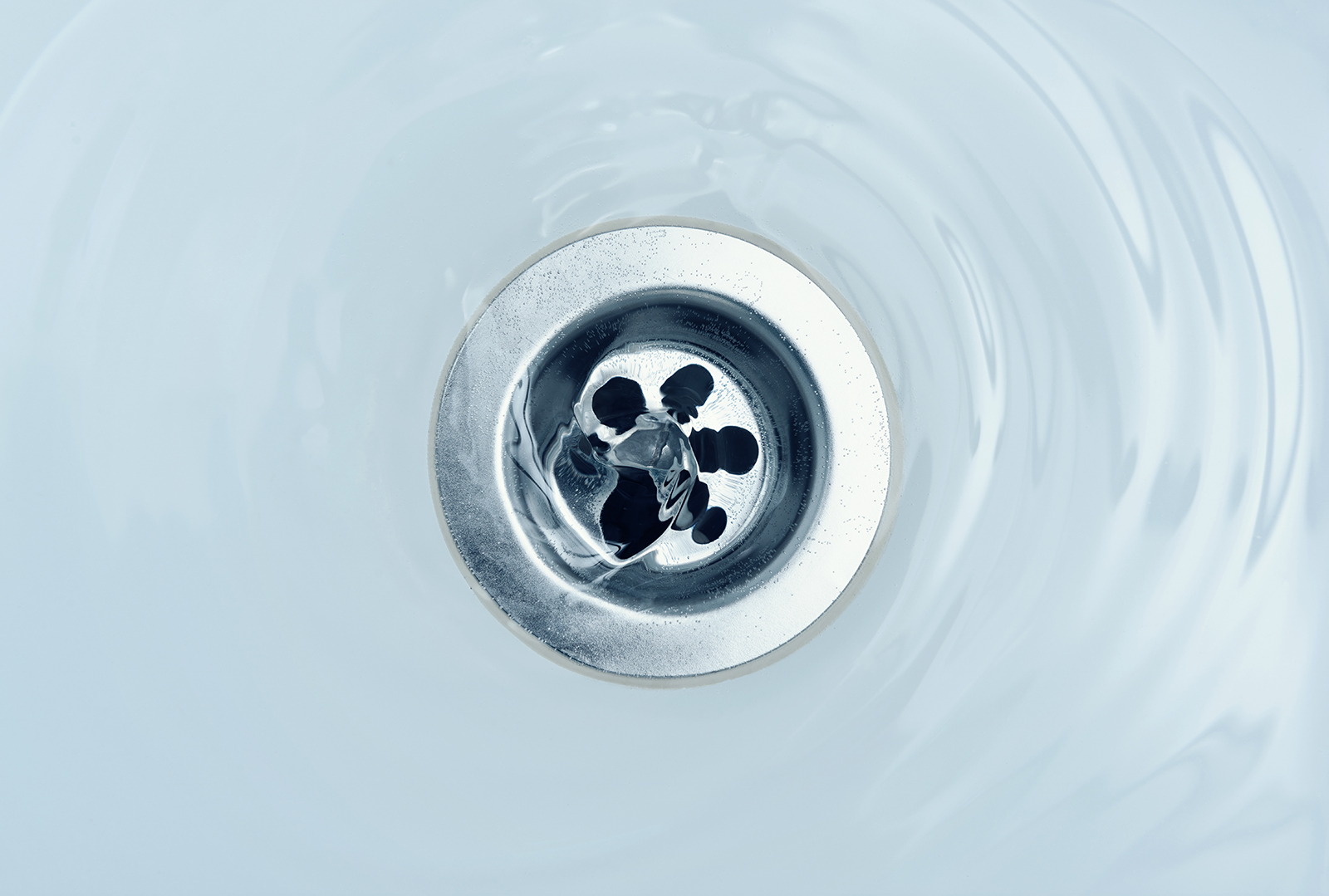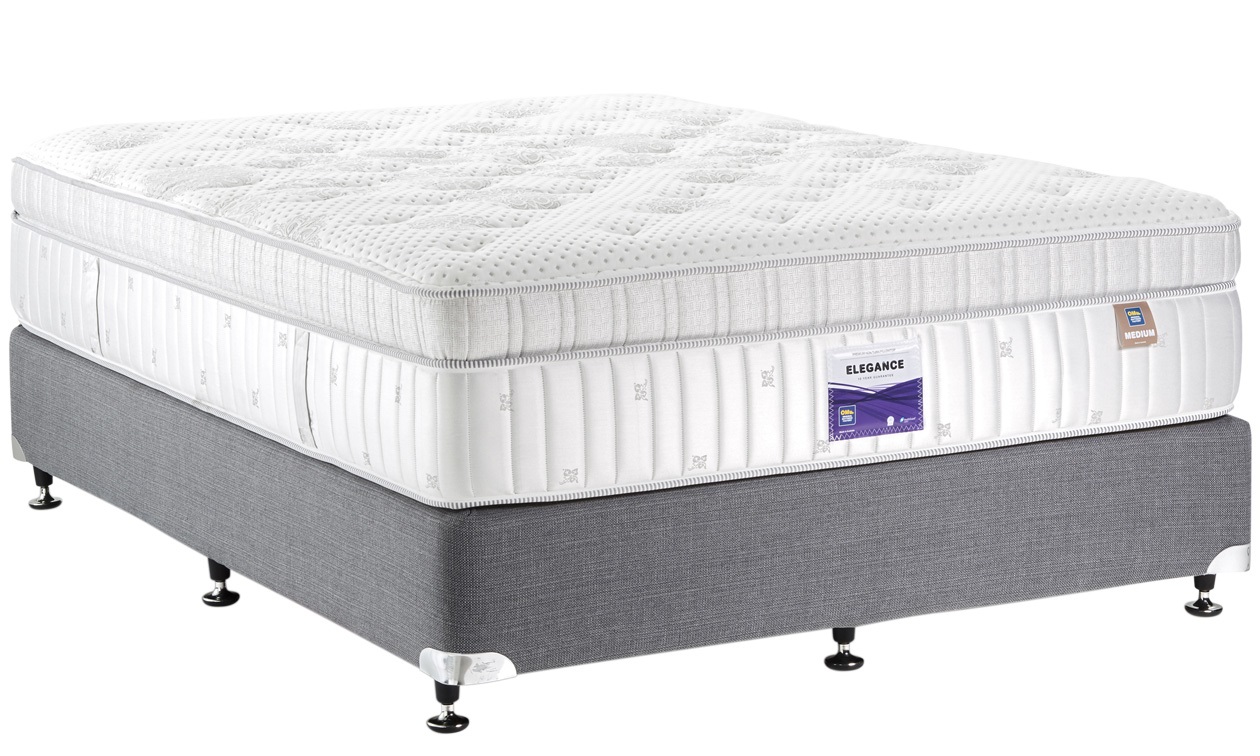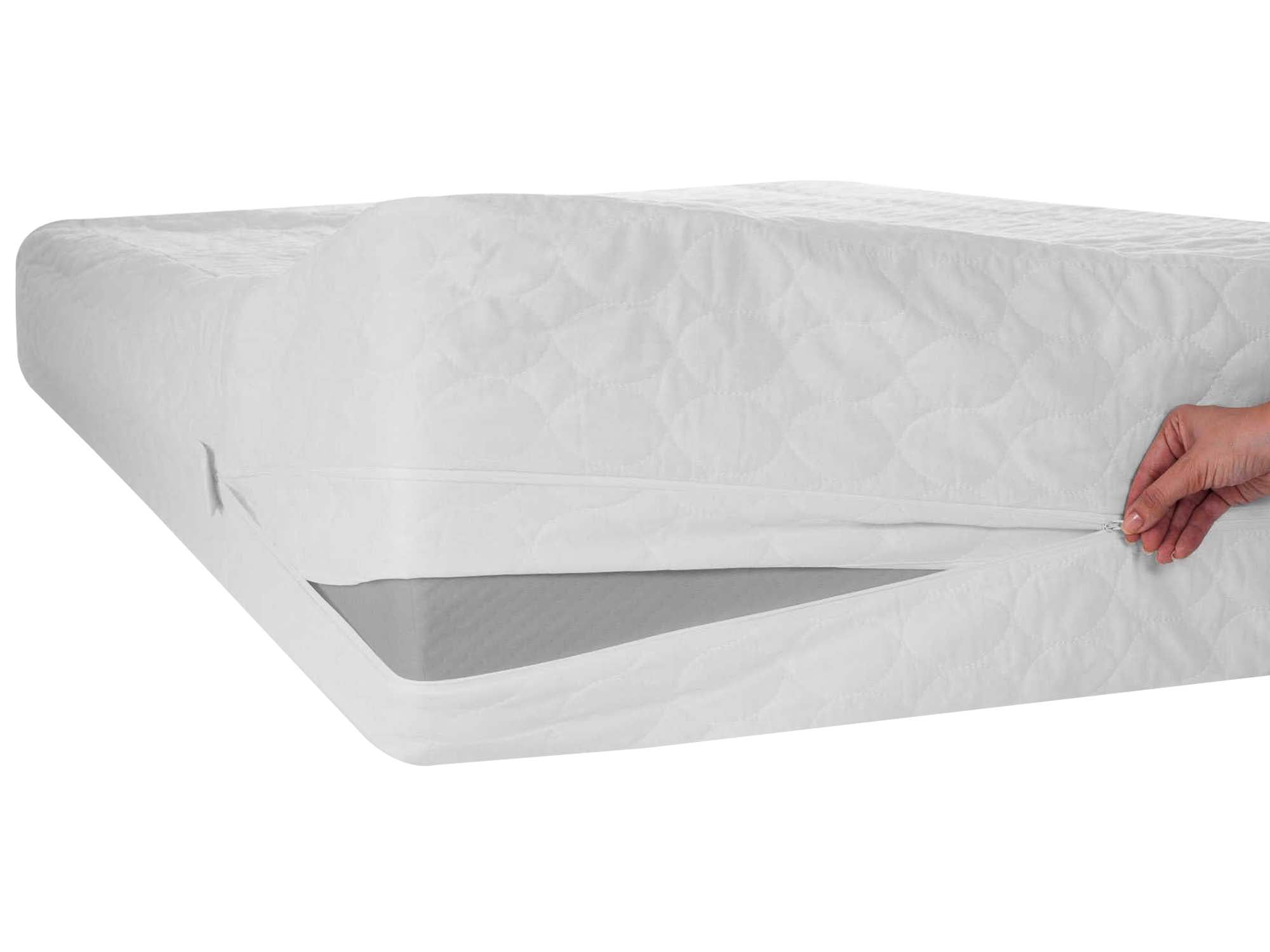If you're experiencing a foul smell coming from your bathroom sink, chances are it's coming from the overflow drain. This small opening near the top of your sink is designed to prevent water from overflowing, but it can also be a source of unpleasant odors. Before you can effectively get rid of the smell, it's important to understand what's causing it.1. Understanding the Cause of Overflow Drain Smells
A clogged drain is one of the most common causes of overflow drain smells. When debris and hair build up in your pipes, they can start to decompose and release an unpleasant odor. To prevent clogs, make sure you're using a drain strainer to catch any hair or debris before it goes down the drain.2. Dealing with a Clogged Drain
Another common culprit of overflow drain smells is sewer gas. This gas contains a mixture of gases, including hydrogen sulfide, which has a distinct rotten egg smell. If your bathroom sink's plumbing isn't properly sealed, sewer gas can leak out and cause unpleasant odors. It's important to have a plumber check and fix any potential leaks to eliminate the smell.3. The Problem with Sewer Gas
Speaking of plumbing, the way your bathroom sink's pipes are set up can also contribute to overflow drain smells. If the pipes are not properly angled or installed, it can lead to stagnant water and bacteria growth, resulting in unpleasant odors. It's important to have a professional plumber set up your bathroom sink's plumbing correctly to prevent this issue.4. Proper Bathroom Plumbing
Regular drain cleaning is essential for maintaining a fresh-smelling bathroom sink. Over time, residue from toothpaste, soap, and other products can build up in your pipes and cause unpleasant odors. To prevent this, make sure to clean your drains regularly with a mixture of baking soda and vinegar. This will help break up and remove any buildup in your pipes.5. The Importance of Drain Cleaning
Proper bathroom maintenance is key to preventing overflow drain smells. Make sure to clean your bathroom sink regularly, including the overflow drain, to remove any buildup that can cause odors. Also, be sure to replace any old or worn out parts, such as the sink stopper, to prevent leaks and eliminate potential sources of unpleasant smells.6. Keeping Up with Bathroom Maintenance
Another factor that can contribute to overflow drain smells is poor ventilation. If your bathroom doesn't have proper ventilation, moisture can build up and lead to bacteria growth, resulting in foul odors. Make sure your bathroom has a working exhaust fan or open a window while showering to prevent this issue.7. The Importance of Proper Ventilation
If you're dealing with a persistent overflow drain smell, there are a few odor removal solutions you can try. One option is to pour a mixture of hot water and lemon juice down the drain to help neutralize any odors. You can also try using a commercial odor eliminator specifically designed for drains.8. Odor Removal Solutions
To prevent overflow drain smells from becoming a recurring issue, it's important to have regular inspections of your bathroom's plumbing. A professional plumber can identify and fix any potential problems before they lead to unpleasant odors. This can save you time, money, and frustration in the long run.9. The Importance of Regular Inspections
By understanding the common causes of overflow drain smells and taking preventative measures, you can maintain a fresh-smelling bathroom sink. Remember to regularly clean your drains, keep up with bathroom maintenance, and have regular inspections to prevent any potential issues. With these tips, you can enjoy a clean and odor-free bathroom sink.10. Maintaining a Fresh-Smelling Bathroom Sink
Bathroom Sink Overflow Drain Smells: Causes and Solutions

The Problem
 You step into your bathroom, ready to get ready for the day, and are immediately hit with an unpleasant odor. You trace it to your bathroom sink and find that the overflow drain is the culprit. This is a common issue that many homeowners face, but it can be quite frustrating to deal with. Not only is the smell unpleasant, but it can also be a sign of a bigger problem within your plumbing system. In this article, we will explore the causes of a smelly bathroom sink overflow drain and provide solutions to eliminate the odor.
You step into your bathroom, ready to get ready for the day, and are immediately hit with an unpleasant odor. You trace it to your bathroom sink and find that the overflow drain is the culprit. This is a common issue that many homeowners face, but it can be quite frustrating to deal with. Not only is the smell unpleasant, but it can also be a sign of a bigger problem within your plumbing system. In this article, we will explore the causes of a smelly bathroom sink overflow drain and provide solutions to eliminate the odor.
The Causes
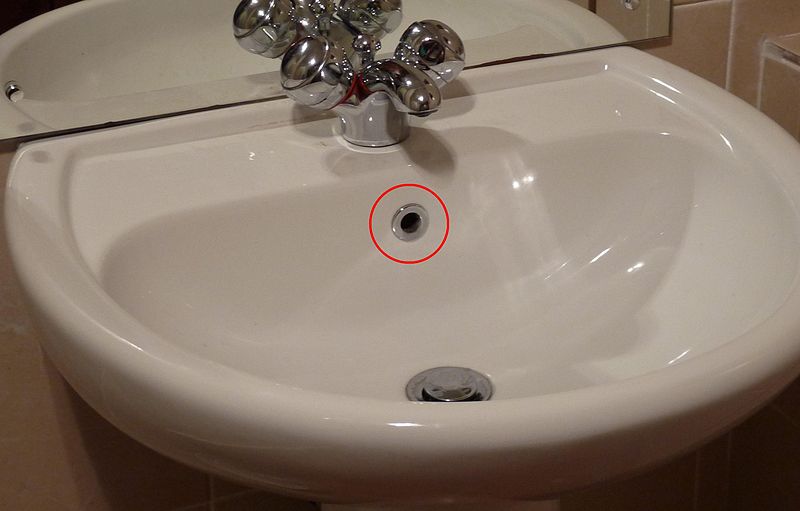 There are a few possible causes for a smelly bathroom sink overflow drain. The most common cause is the buildup of bacteria and debris within the drain. When water and other substances go down the drain, they can get trapped in the overflow drain and create a breeding ground for bacteria. As these bacteria break down the debris, they release a foul odor.
Another possible cause is a clog in the overflow drain. If there is a blockage, water will not be able to flow freely and can become stagnant. This stagnant water can also breed bacteria and create a foul smell. Additionally, if you have a sink that is rarely used, the water in the overflow drain can evaporate, leaving behind a dry and musty smell.
There are a few possible causes for a smelly bathroom sink overflow drain. The most common cause is the buildup of bacteria and debris within the drain. When water and other substances go down the drain, they can get trapped in the overflow drain and create a breeding ground for bacteria. As these bacteria break down the debris, they release a foul odor.
Another possible cause is a clog in the overflow drain. If there is a blockage, water will not be able to flow freely and can become stagnant. This stagnant water can also breed bacteria and create a foul smell. Additionally, if you have a sink that is rarely used, the water in the overflow drain can evaporate, leaving behind a dry and musty smell.
The Solutions
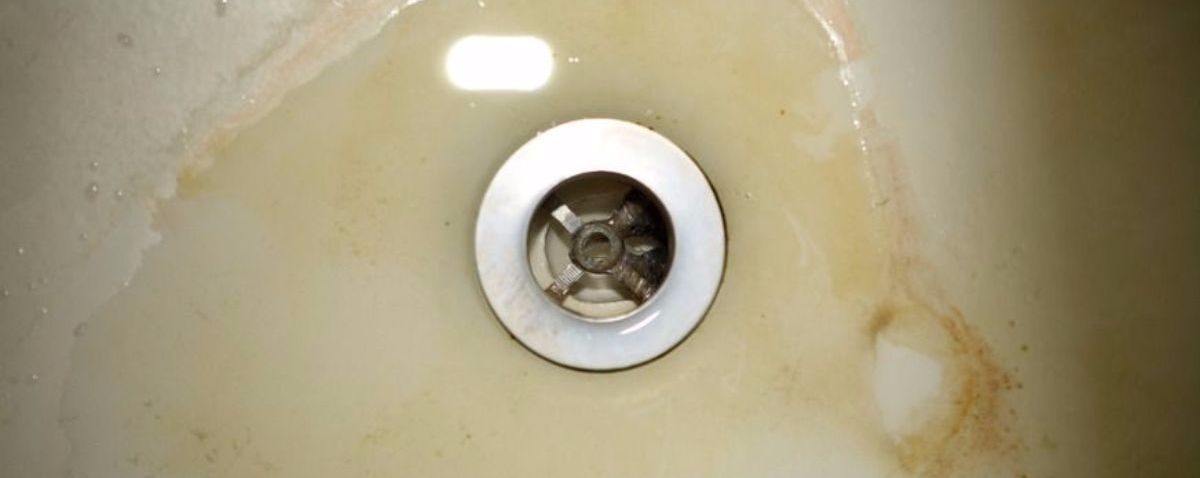 The first step to eliminating the smell from your bathroom sink overflow drain is to clean the drain thoroughly. Use a mixture of hot water, baking soda, and vinegar to break down any buildup and kill bacteria. You can also use a drain snake or plunger to remove any clogs.
To prevent future odors, it is important to regularly clean your overflow drain and keep it free of debris. You can also pour a cup of bleach down the drain once a month to kill any bacteria and keep the drain smelling fresh.
If the smell persists, it may be a sign of a more serious issue, such as a damaged or broken plumbing vent. In this case, it is best to consult a professional plumber to assess and fix the problem.
The first step to eliminating the smell from your bathroom sink overflow drain is to clean the drain thoroughly. Use a mixture of hot water, baking soda, and vinegar to break down any buildup and kill bacteria. You can also use a drain snake or plunger to remove any clogs.
To prevent future odors, it is important to regularly clean your overflow drain and keep it free of debris. You can also pour a cup of bleach down the drain once a month to kill any bacteria and keep the drain smelling fresh.
If the smell persists, it may be a sign of a more serious issue, such as a damaged or broken plumbing vent. In this case, it is best to consult a professional plumber to assess and fix the problem.
Conclusion
 A smelly bathroom sink overflow drain can be a nuisance, but it is a problem that can be easily solved. Regular cleaning and maintenance of your overflow drain can prevent odors and keep your bathroom smelling fresh. However, if the smell persists, it is best to seek professional help to avoid any potential plumbing issues. Remember, a clean and well-maintained bathroom not only looks good but also promotes a healthy and pleasant living environment.
A smelly bathroom sink overflow drain can be a nuisance, but it is a problem that can be easily solved. Regular cleaning and maintenance of your overflow drain can prevent odors and keep your bathroom smelling fresh. However, if the smell persists, it is best to seek professional help to avoid any potential plumbing issues. Remember, a clean and well-maintained bathroom not only looks good but also promotes a healthy and pleasant living environment.







